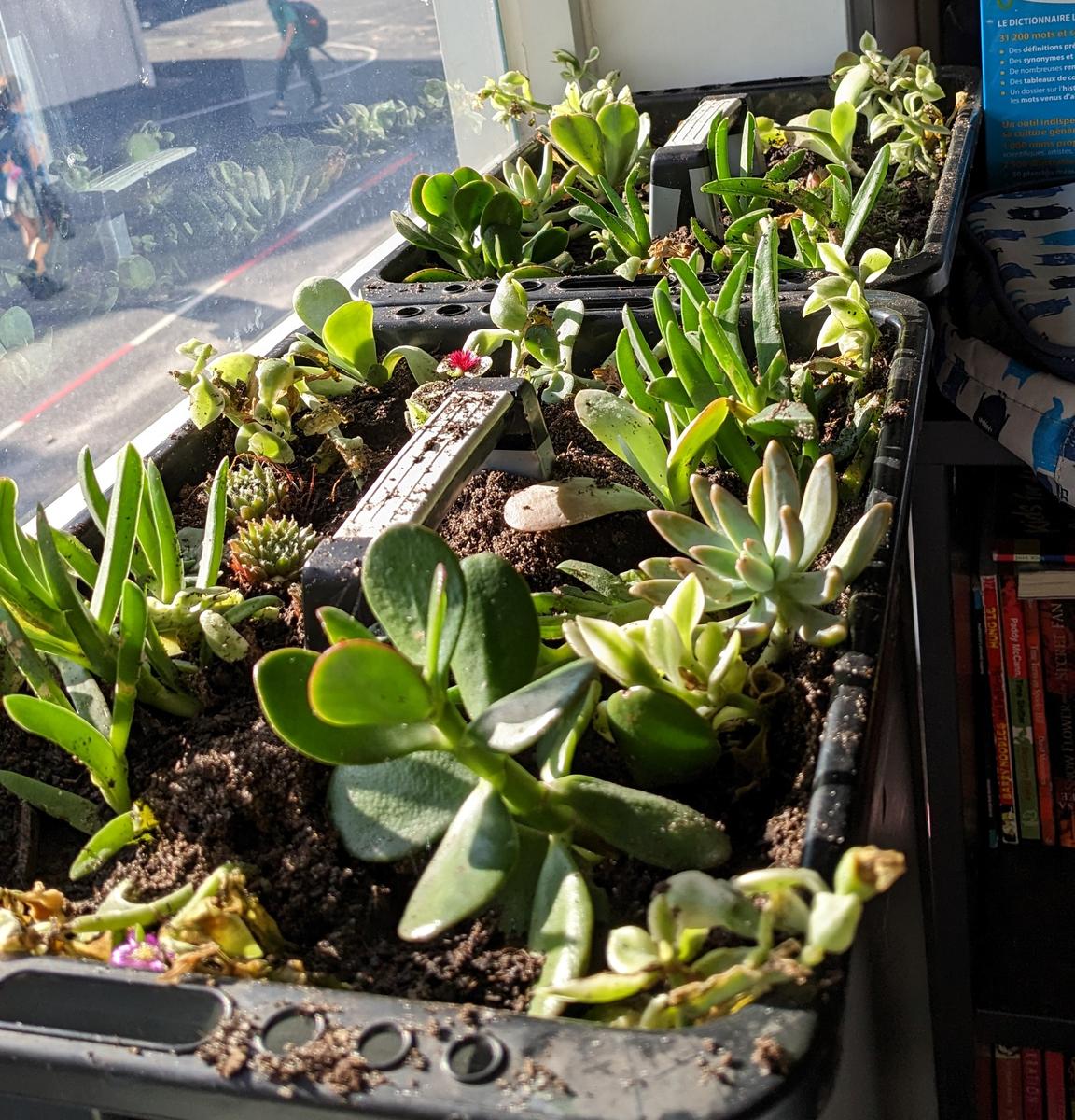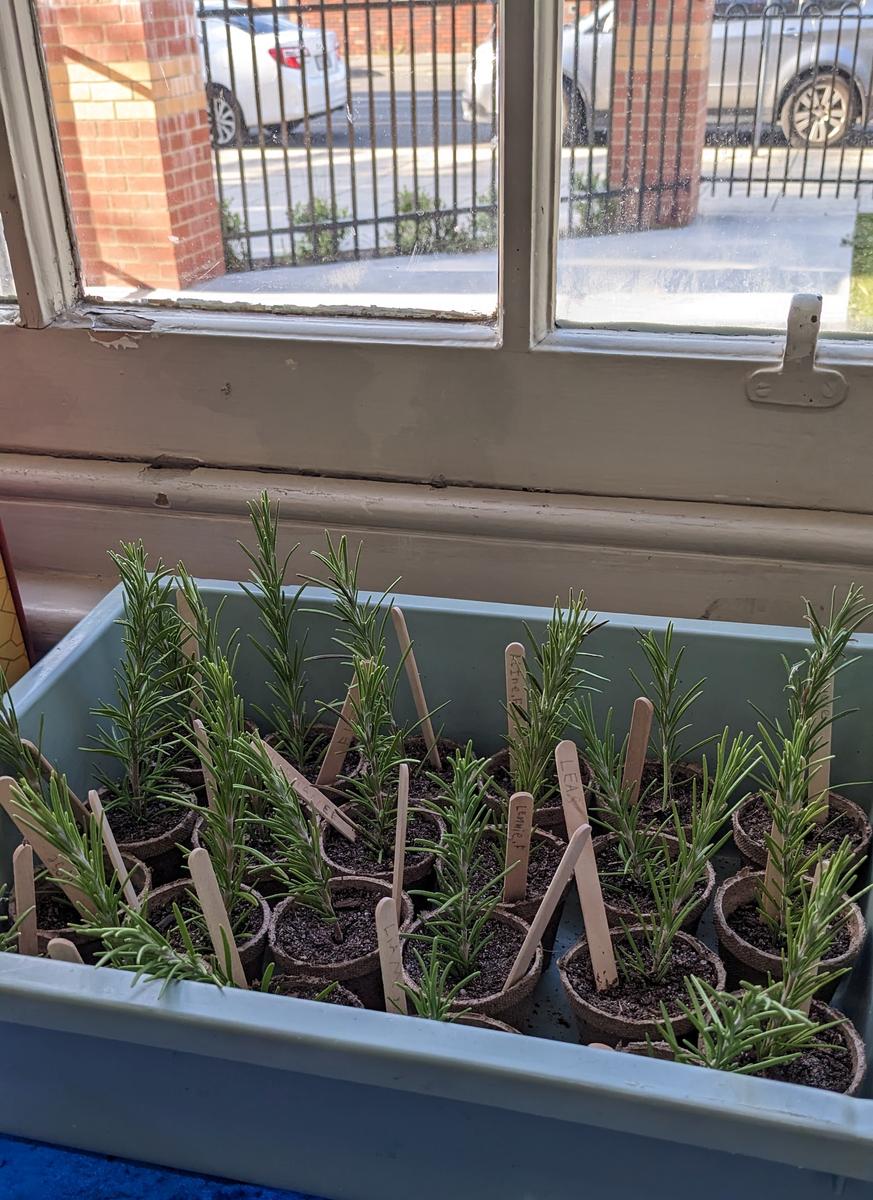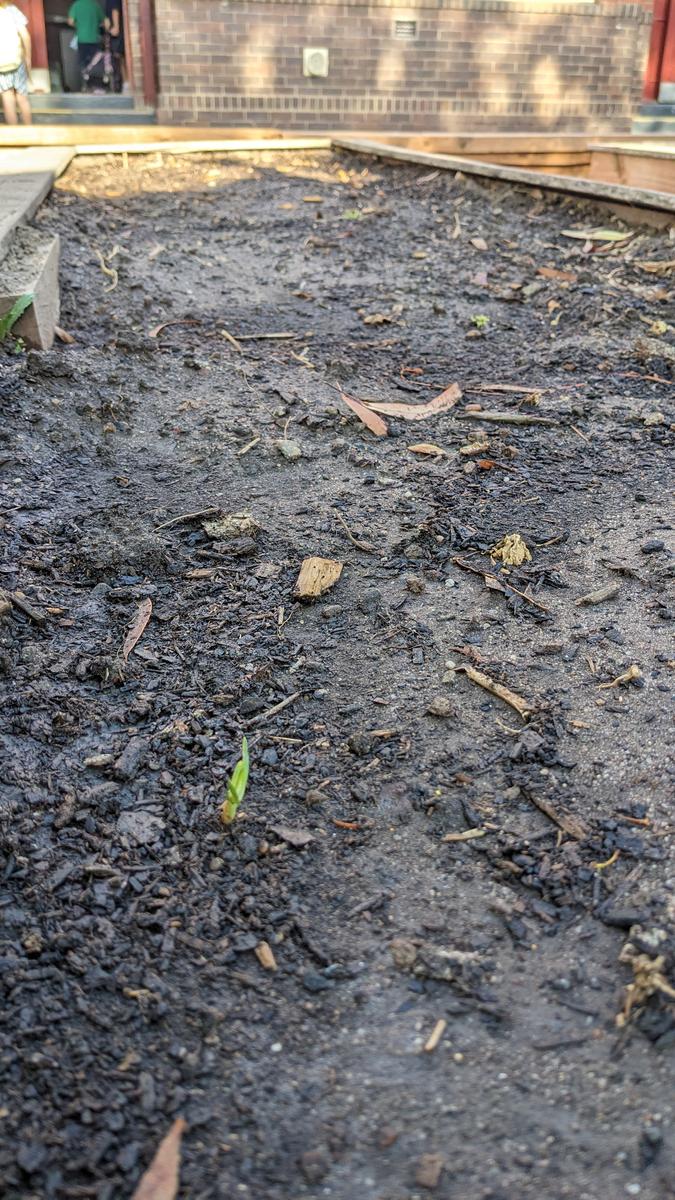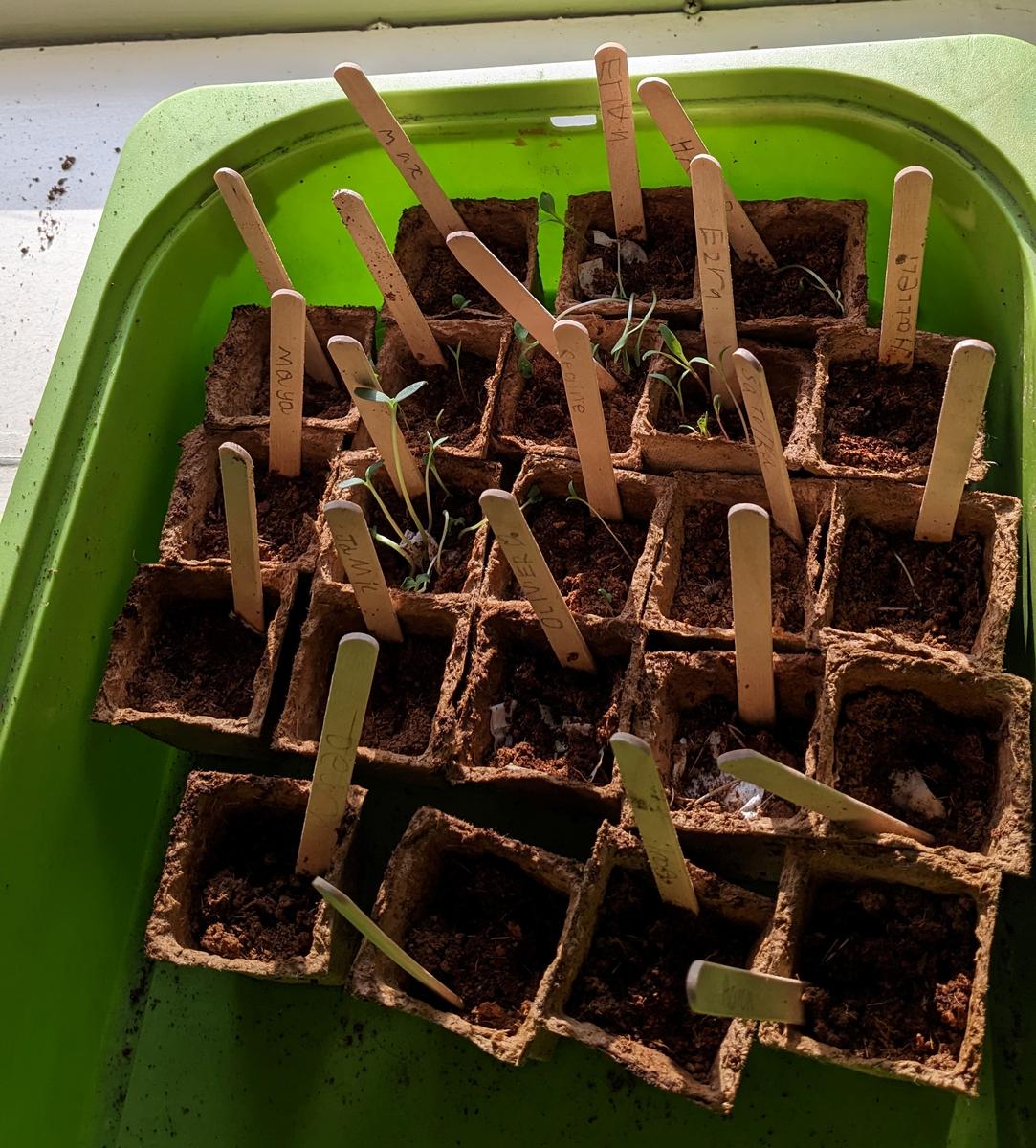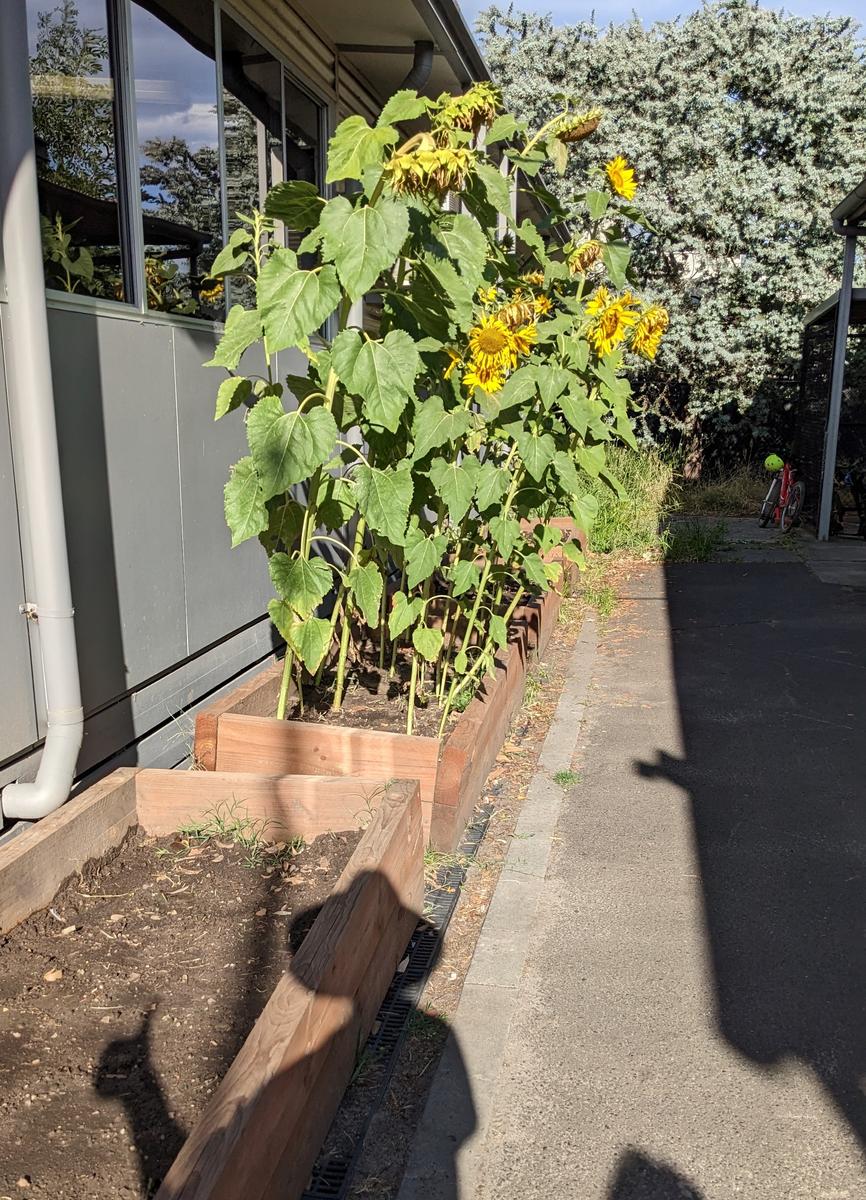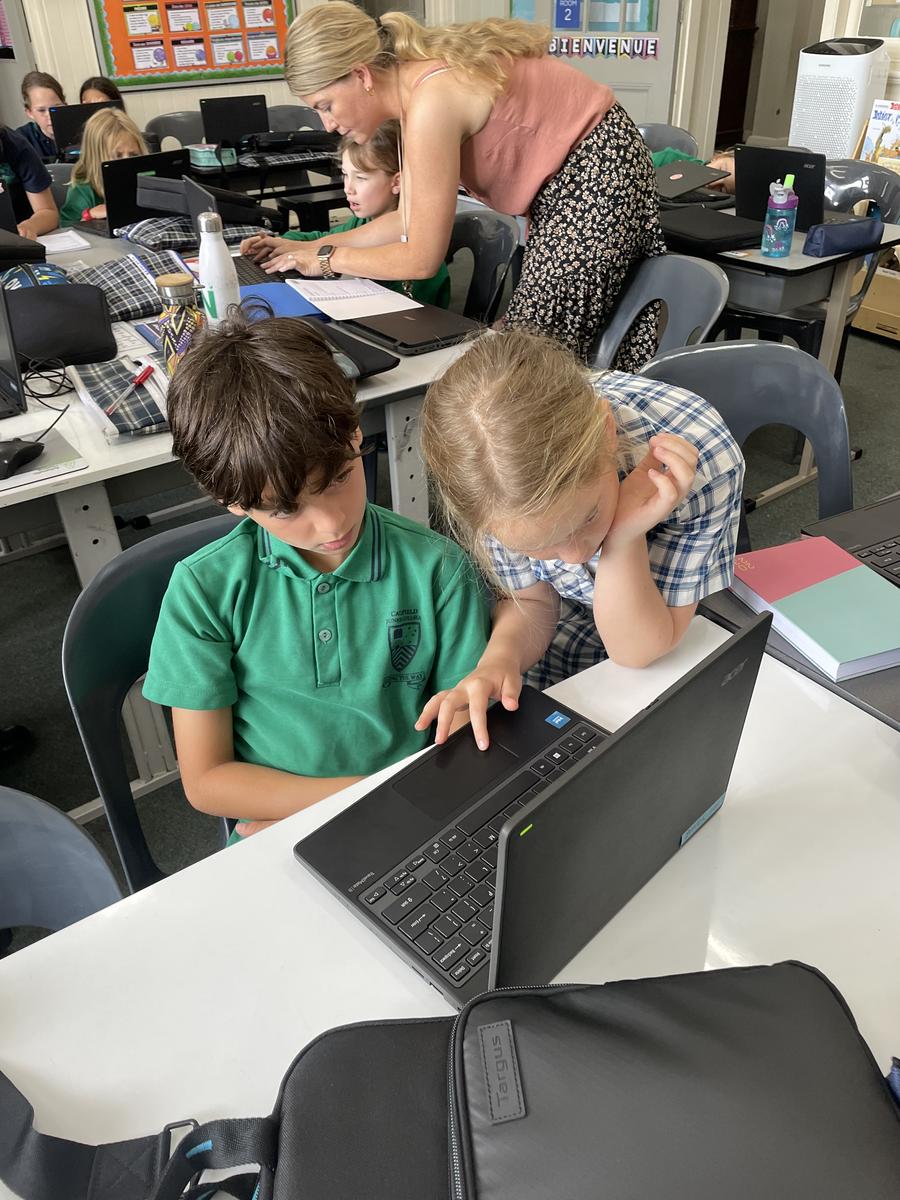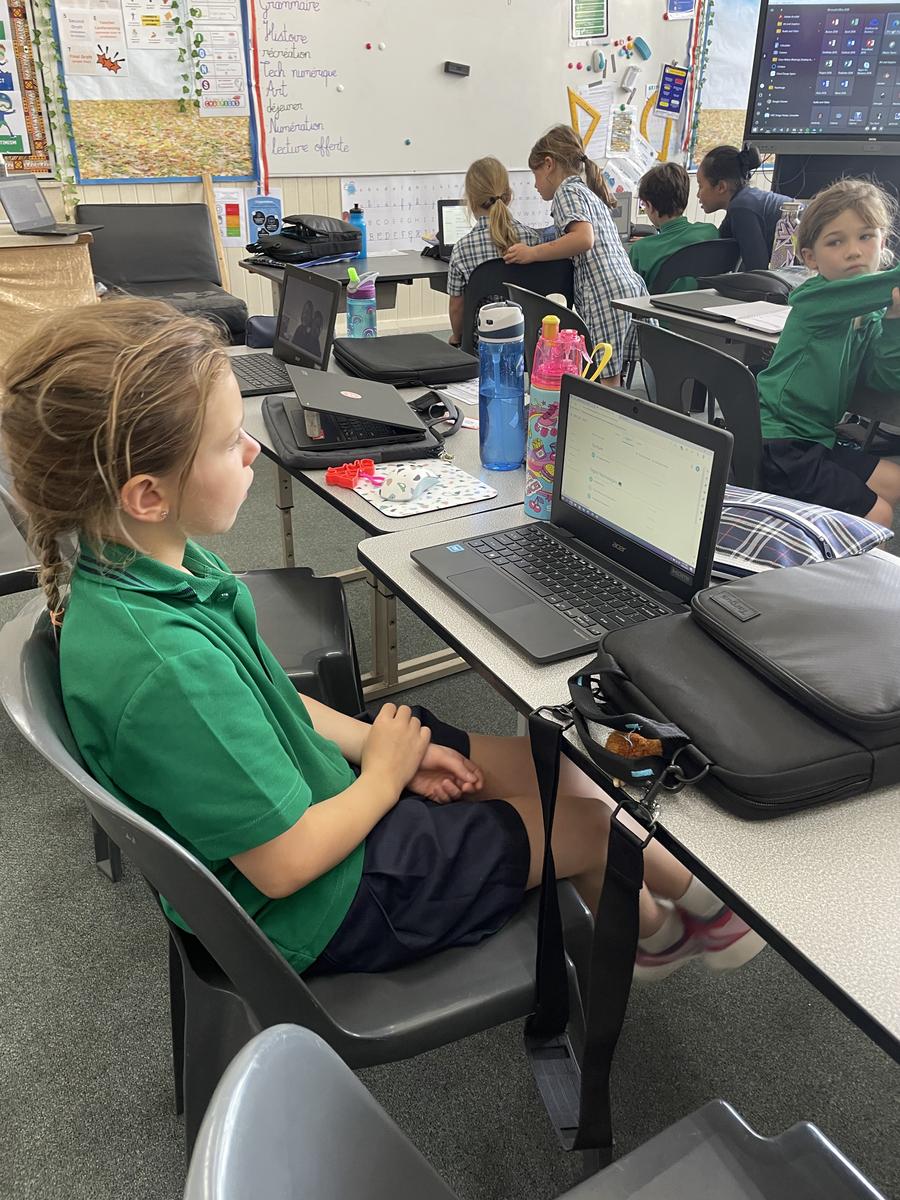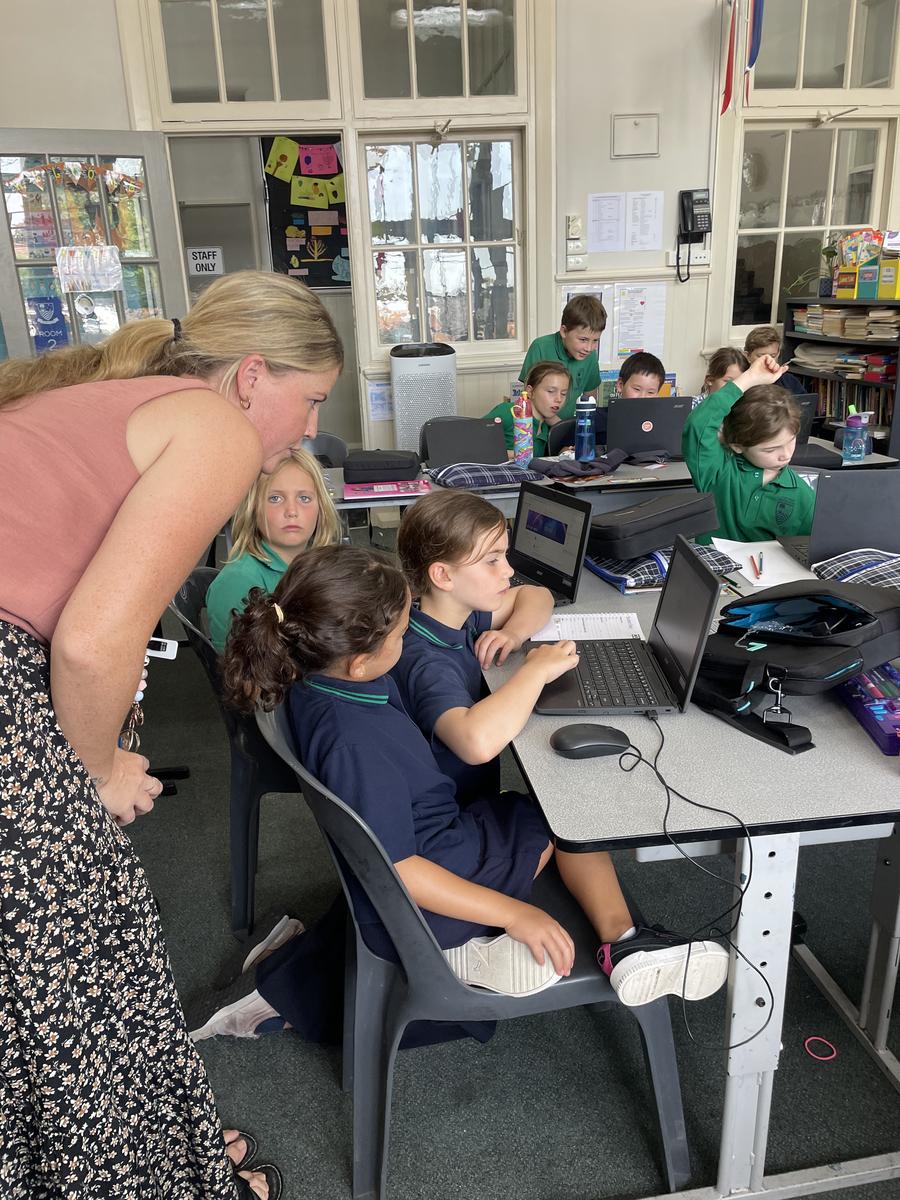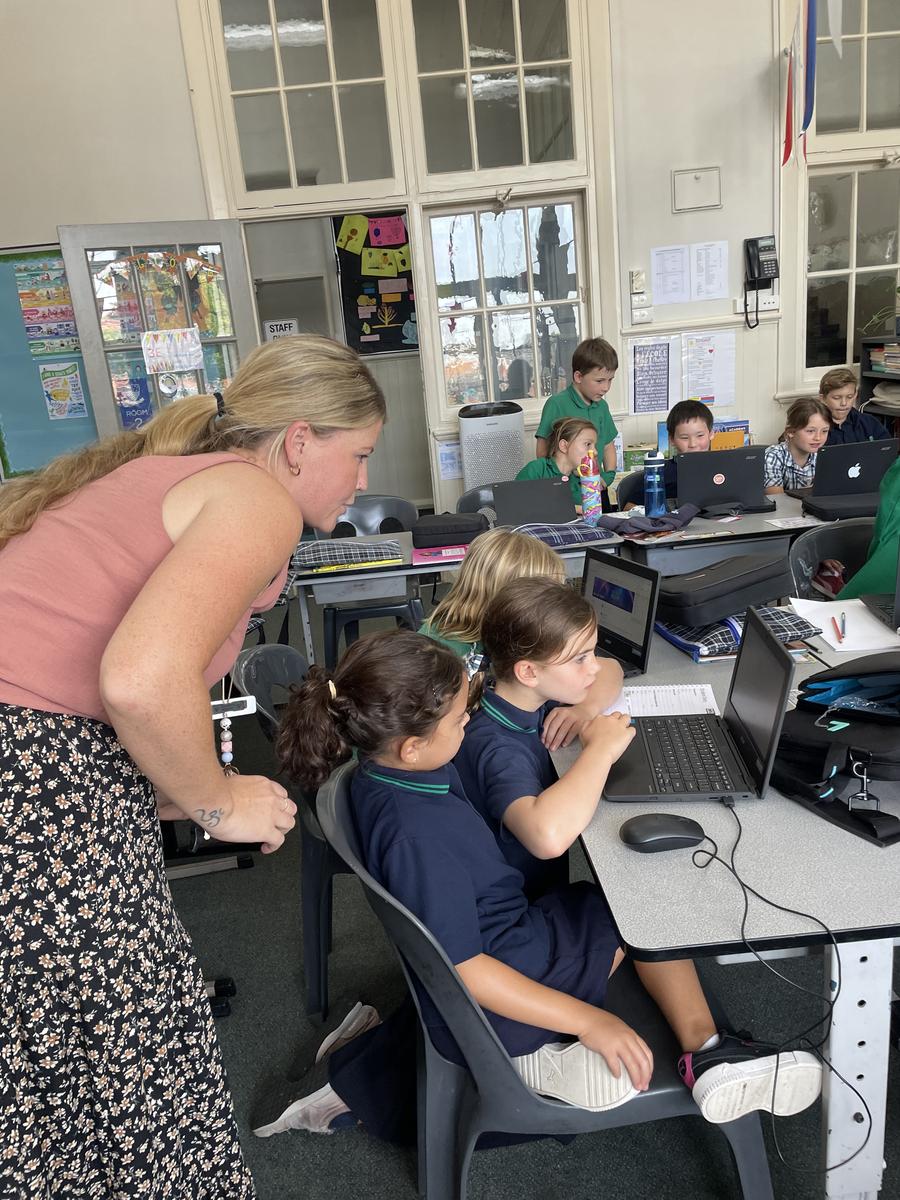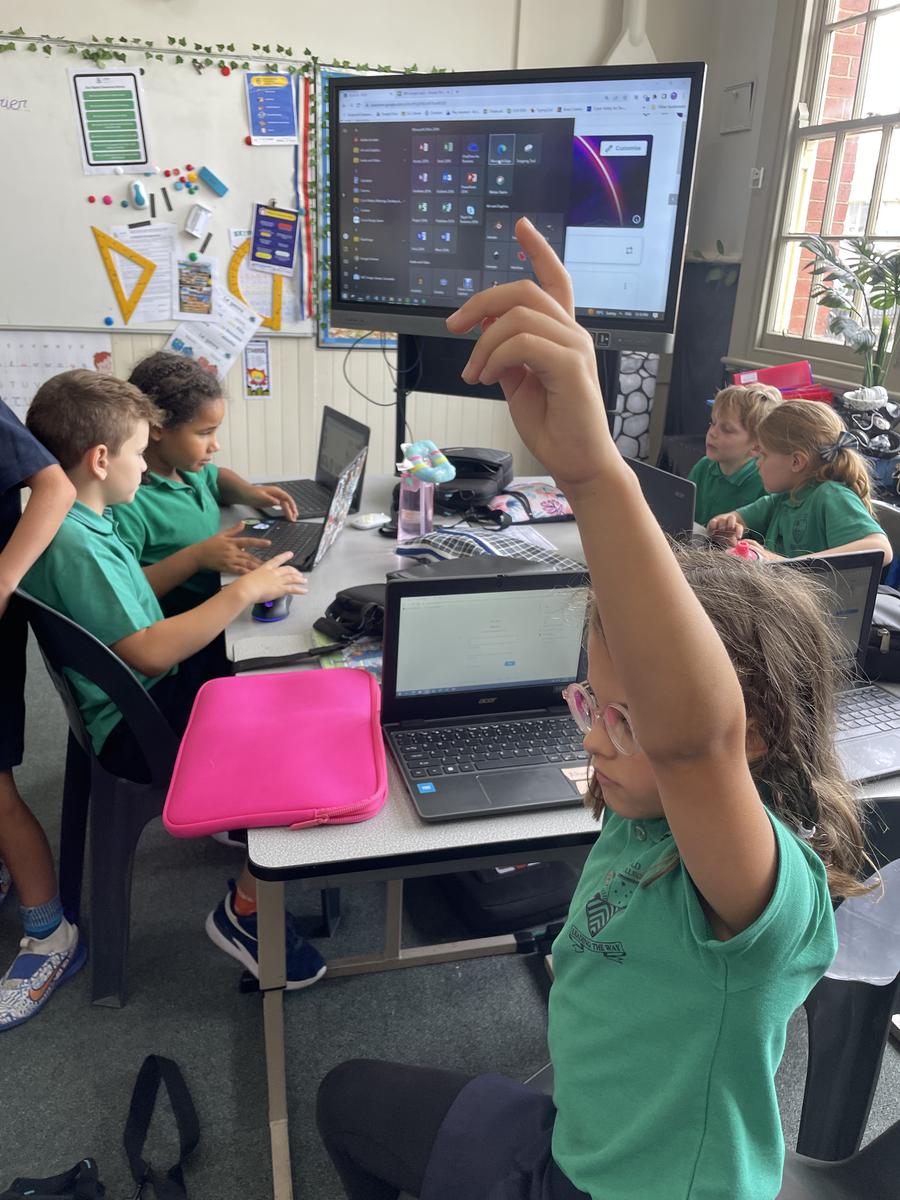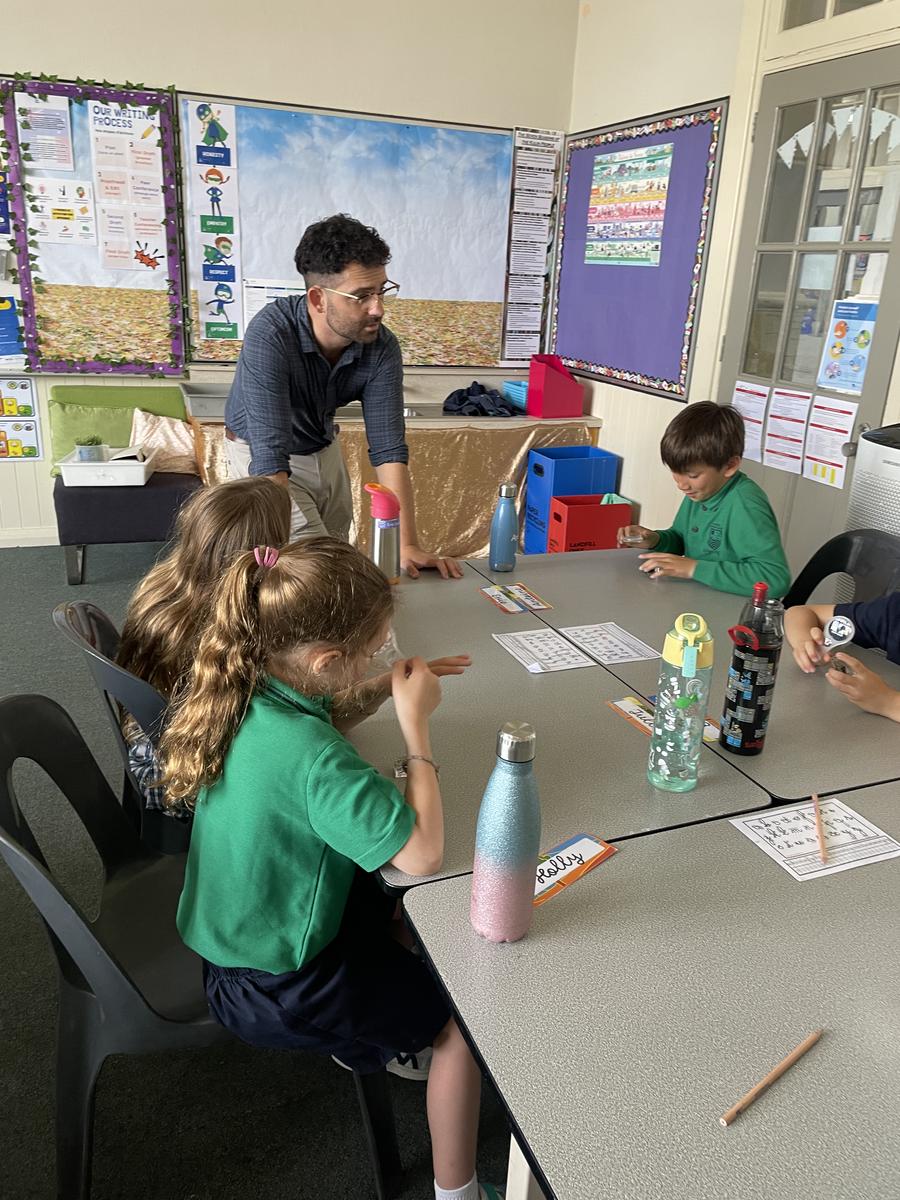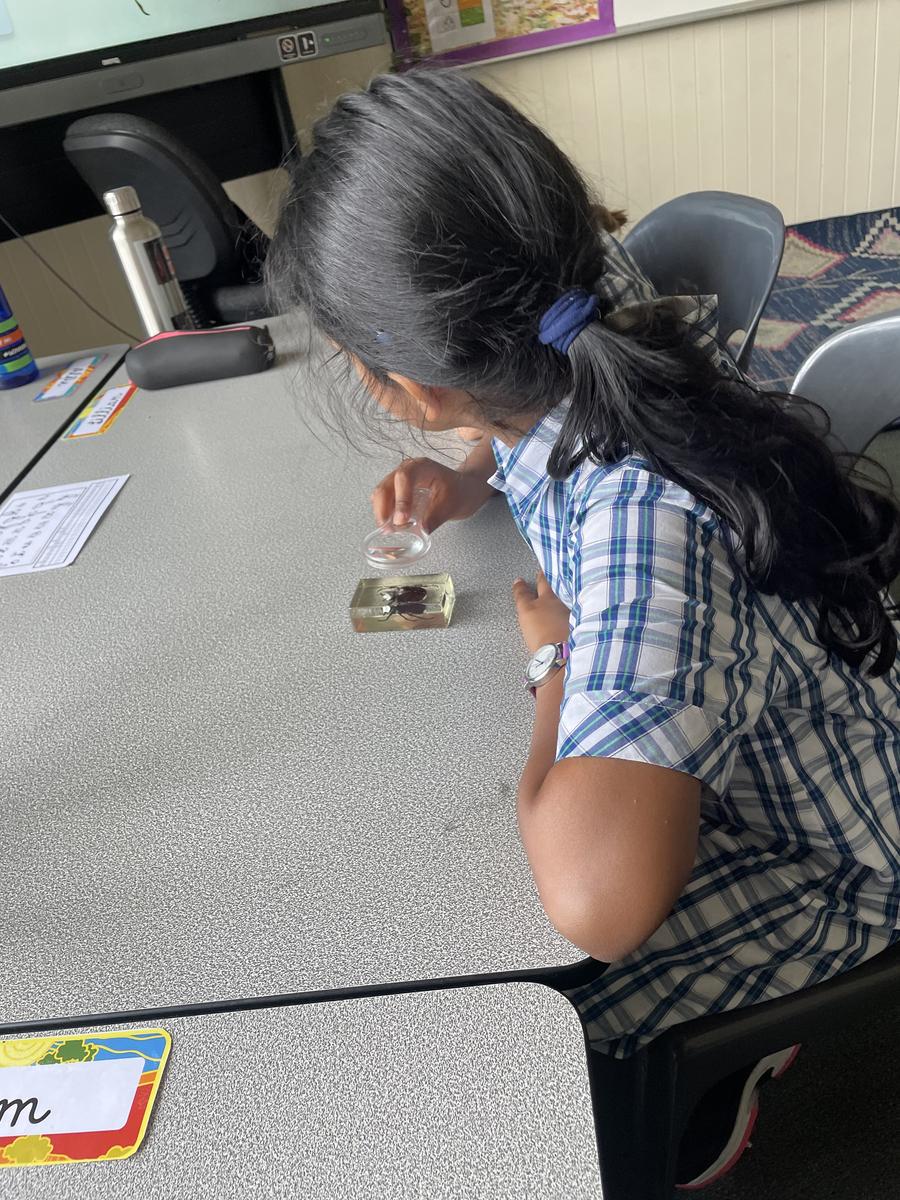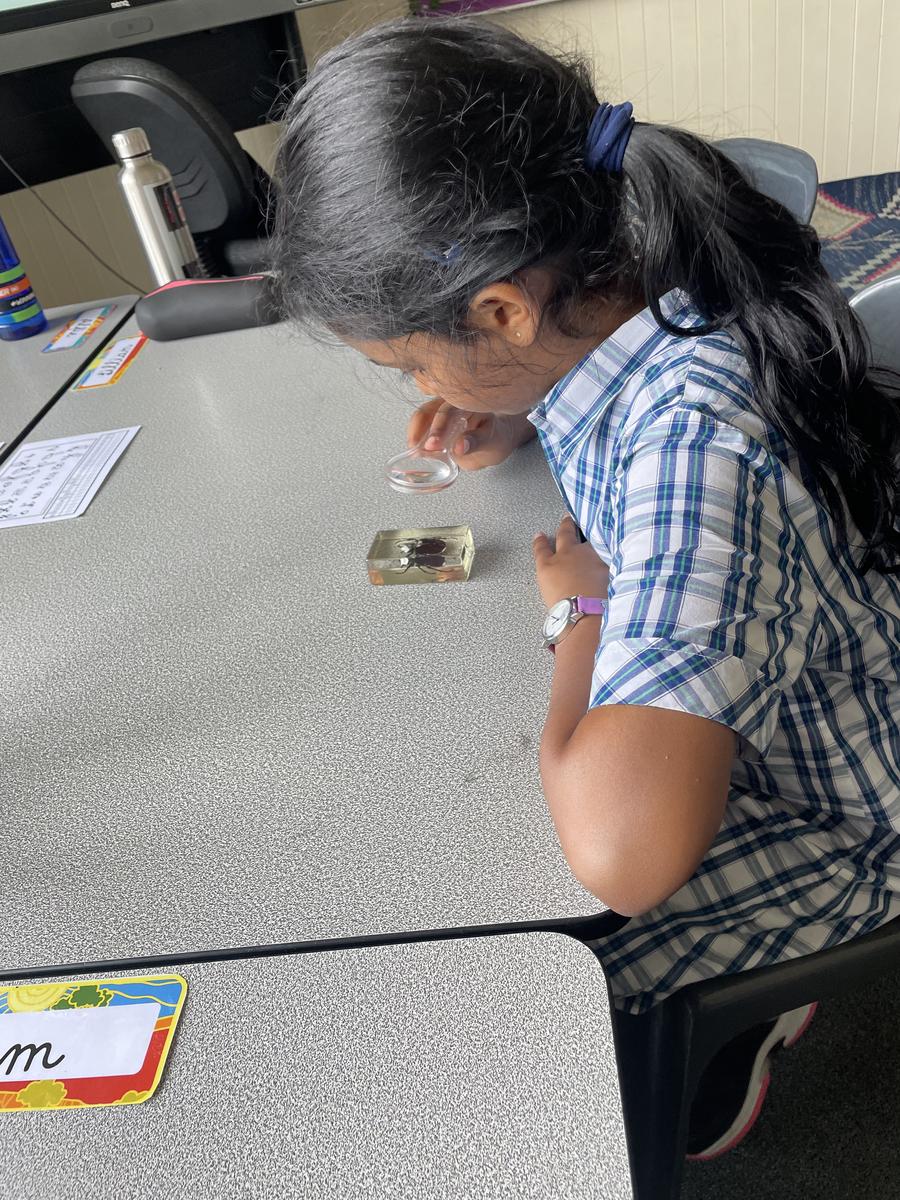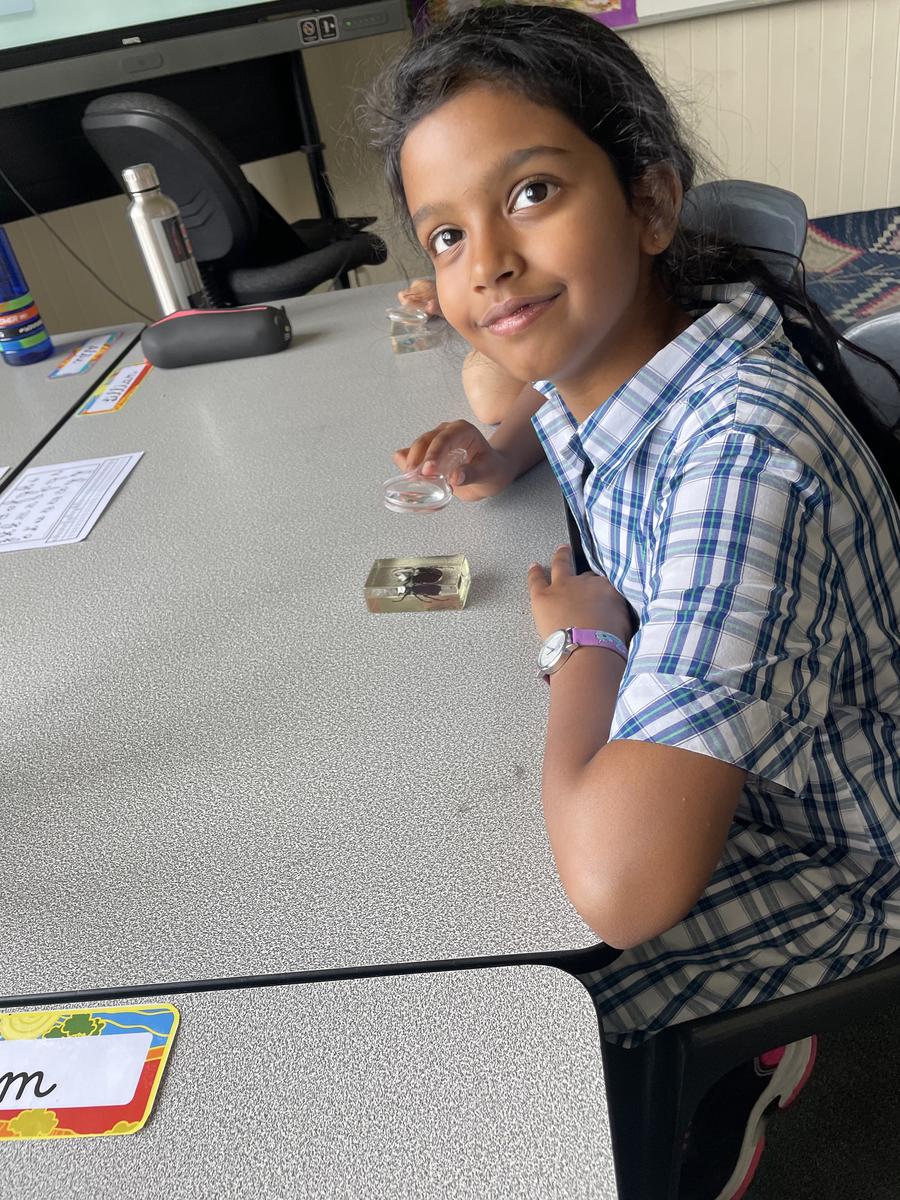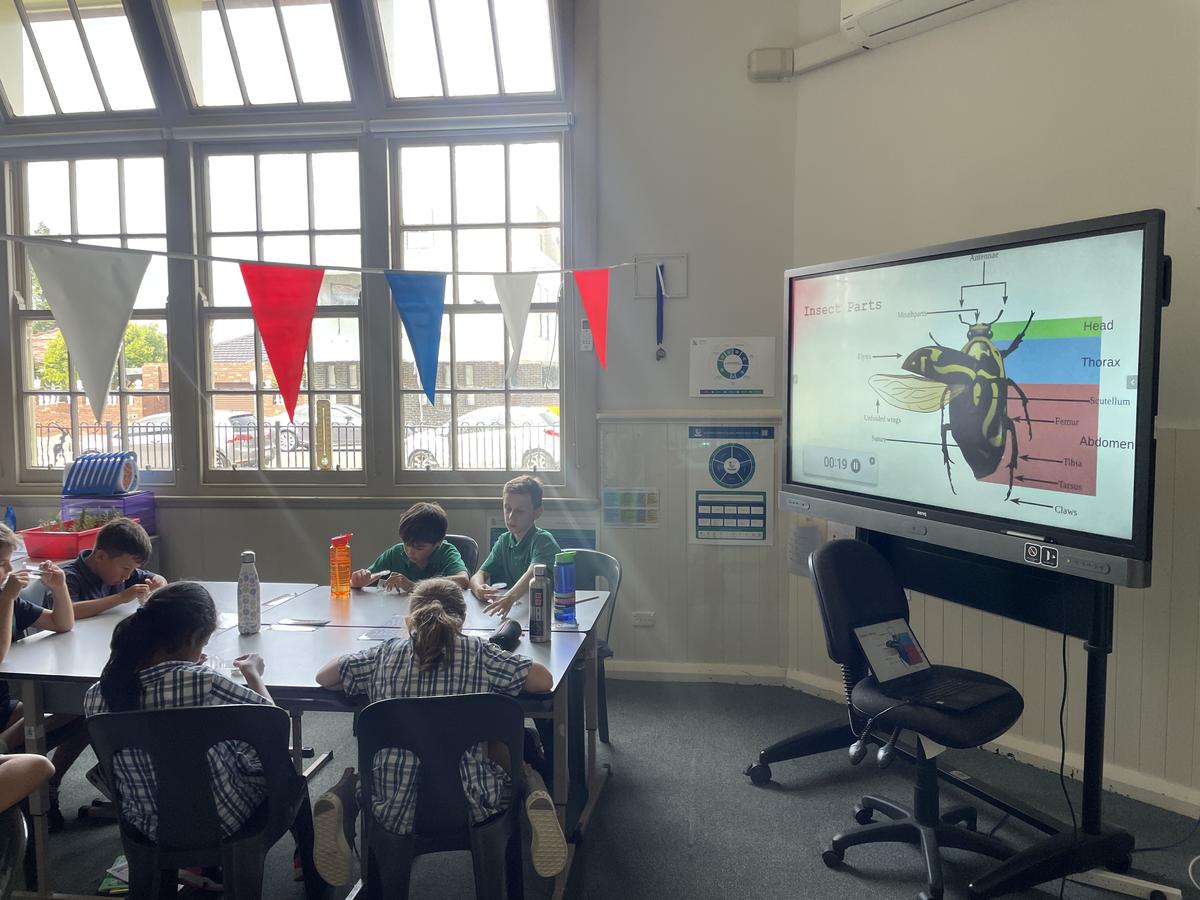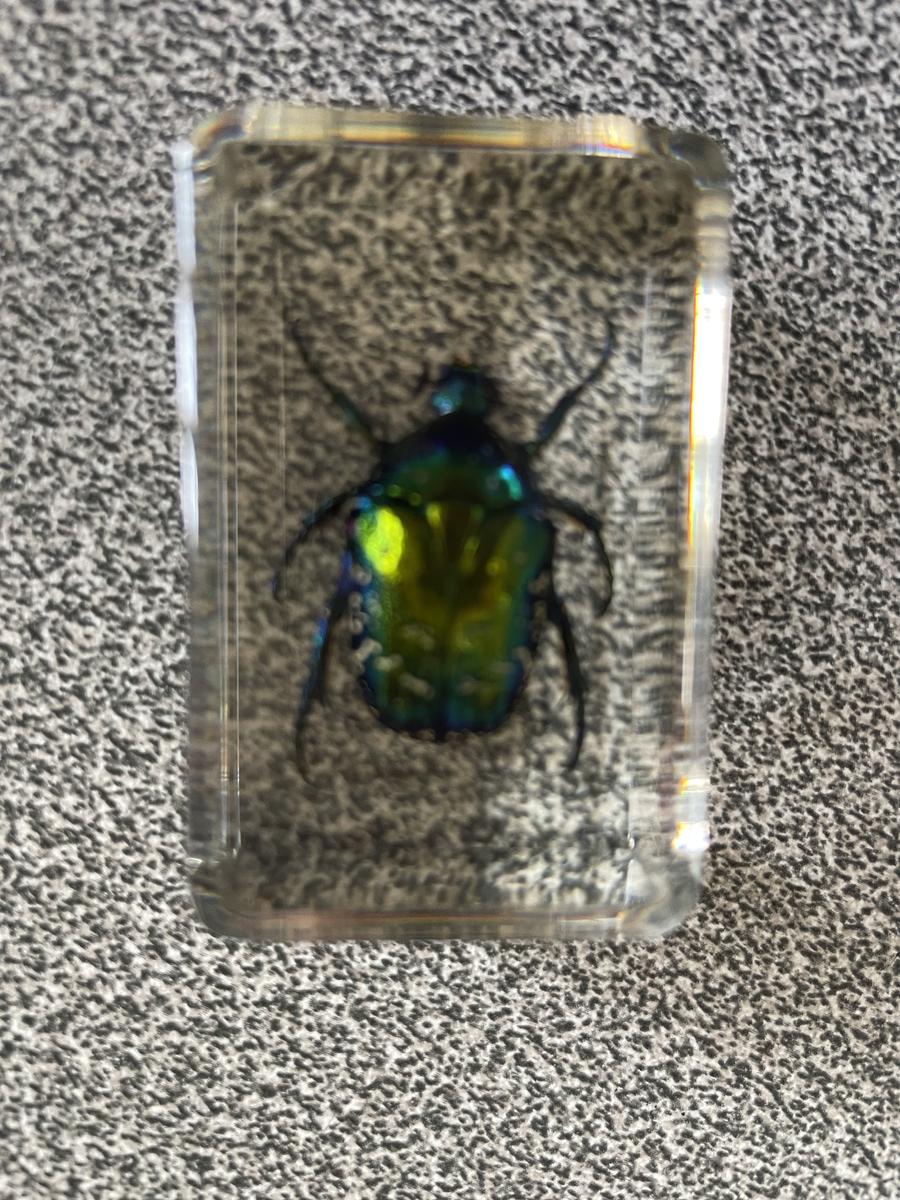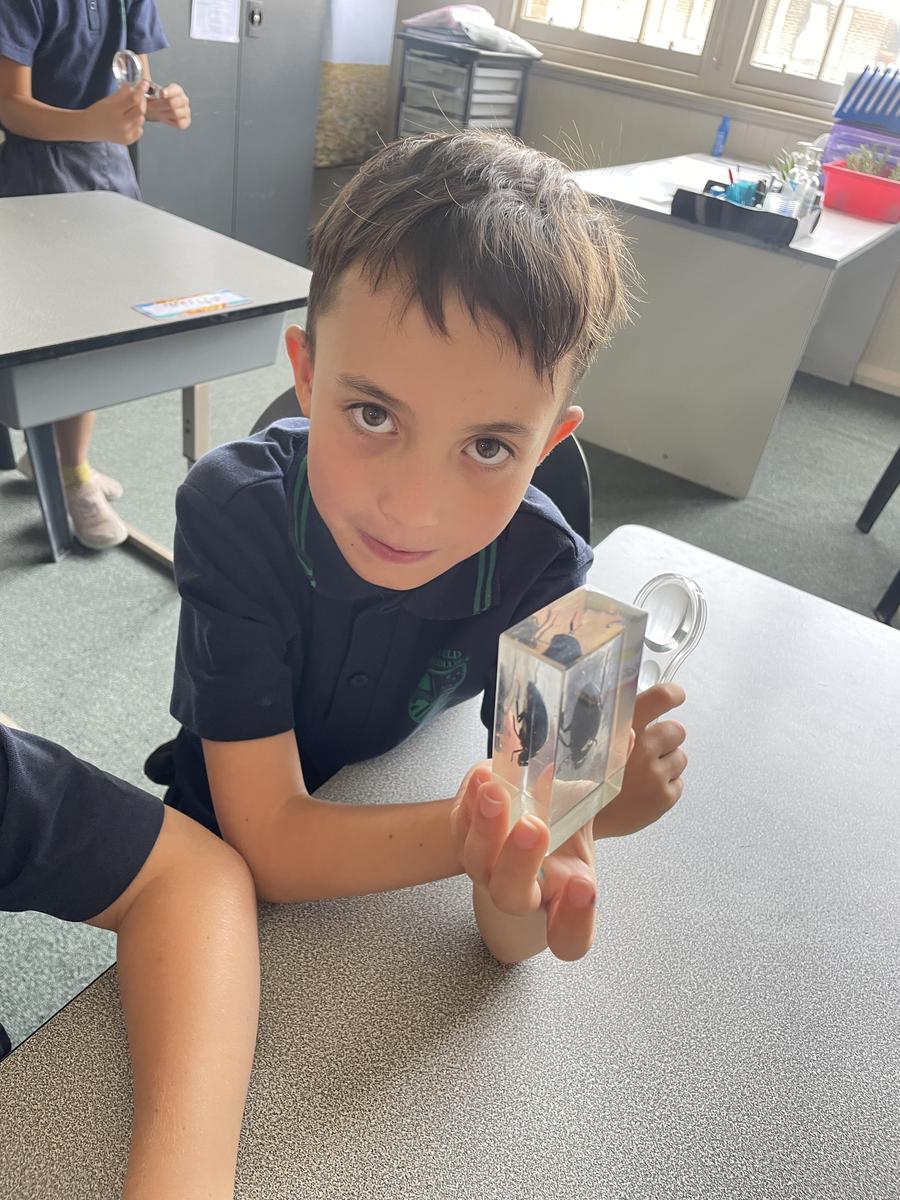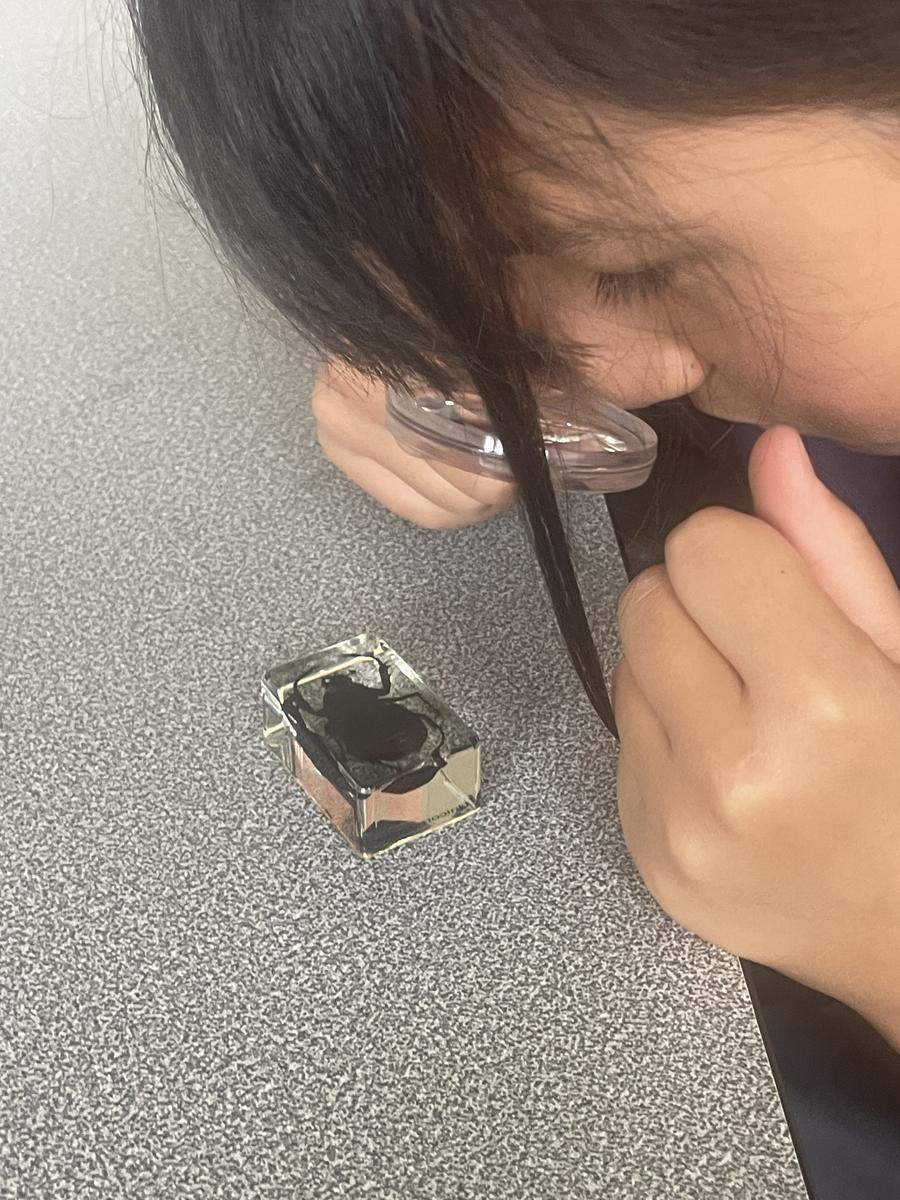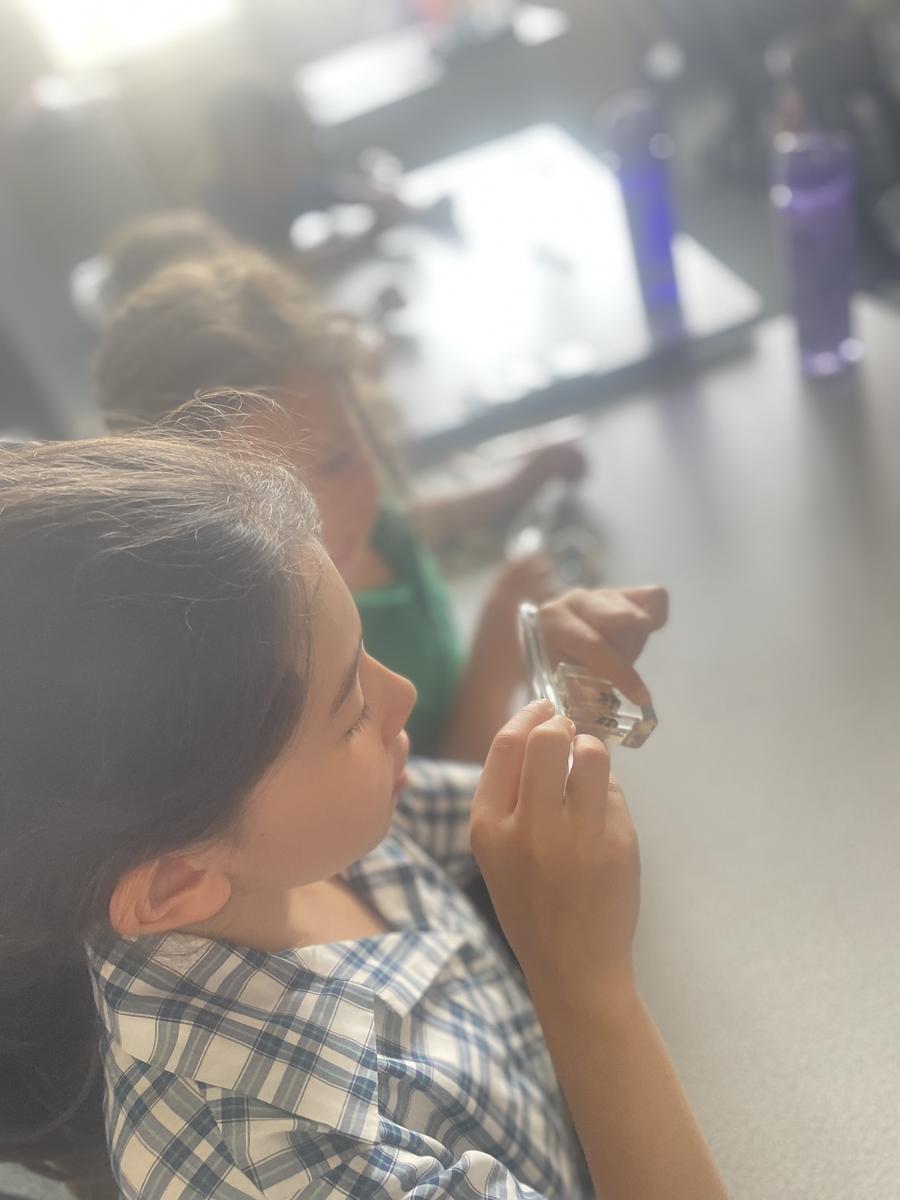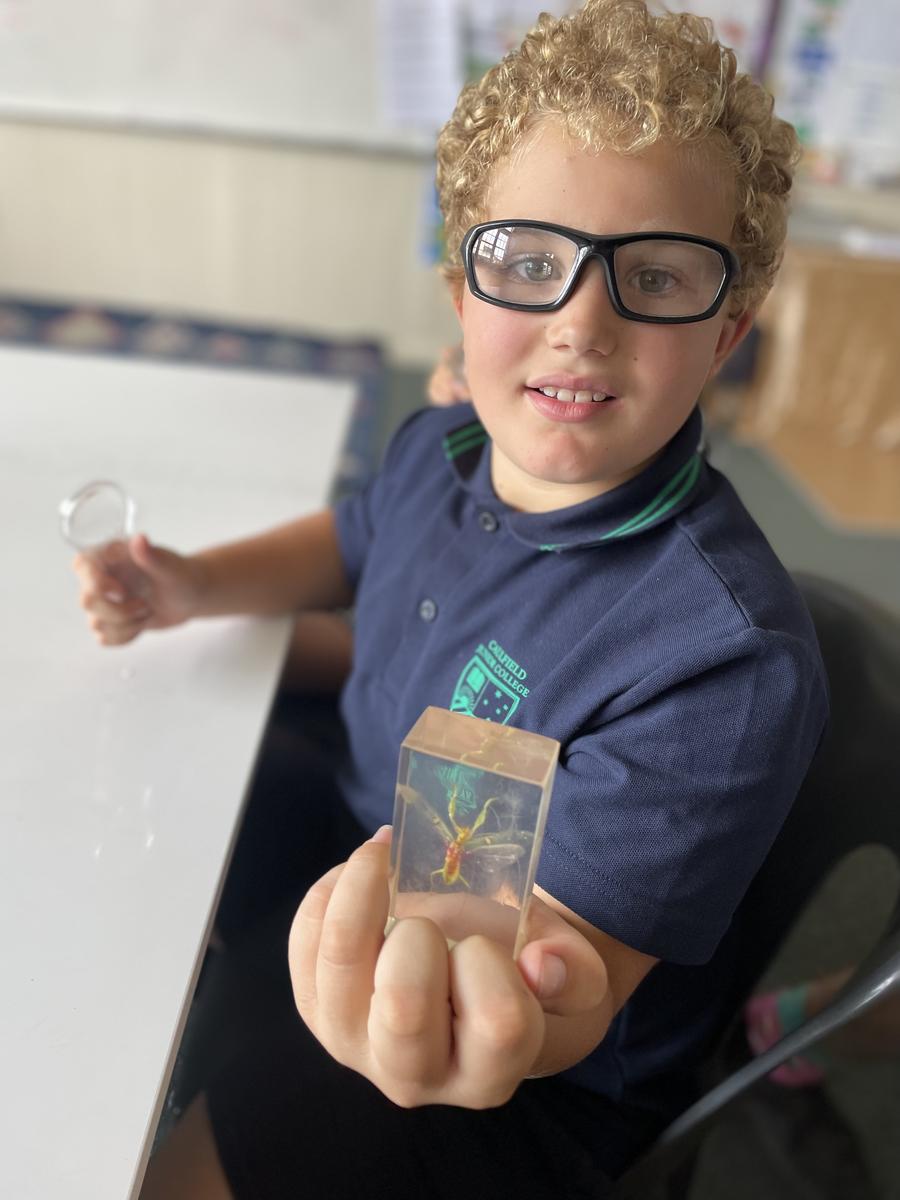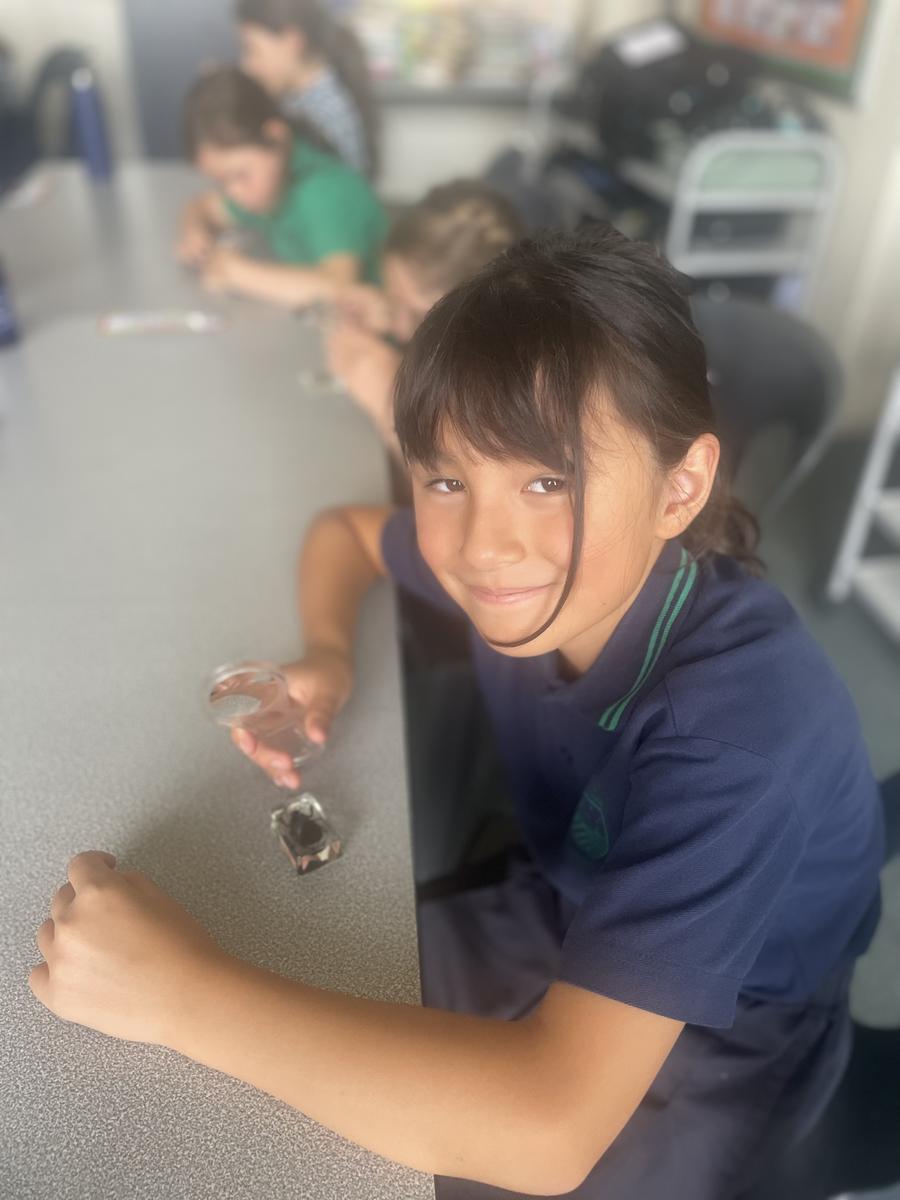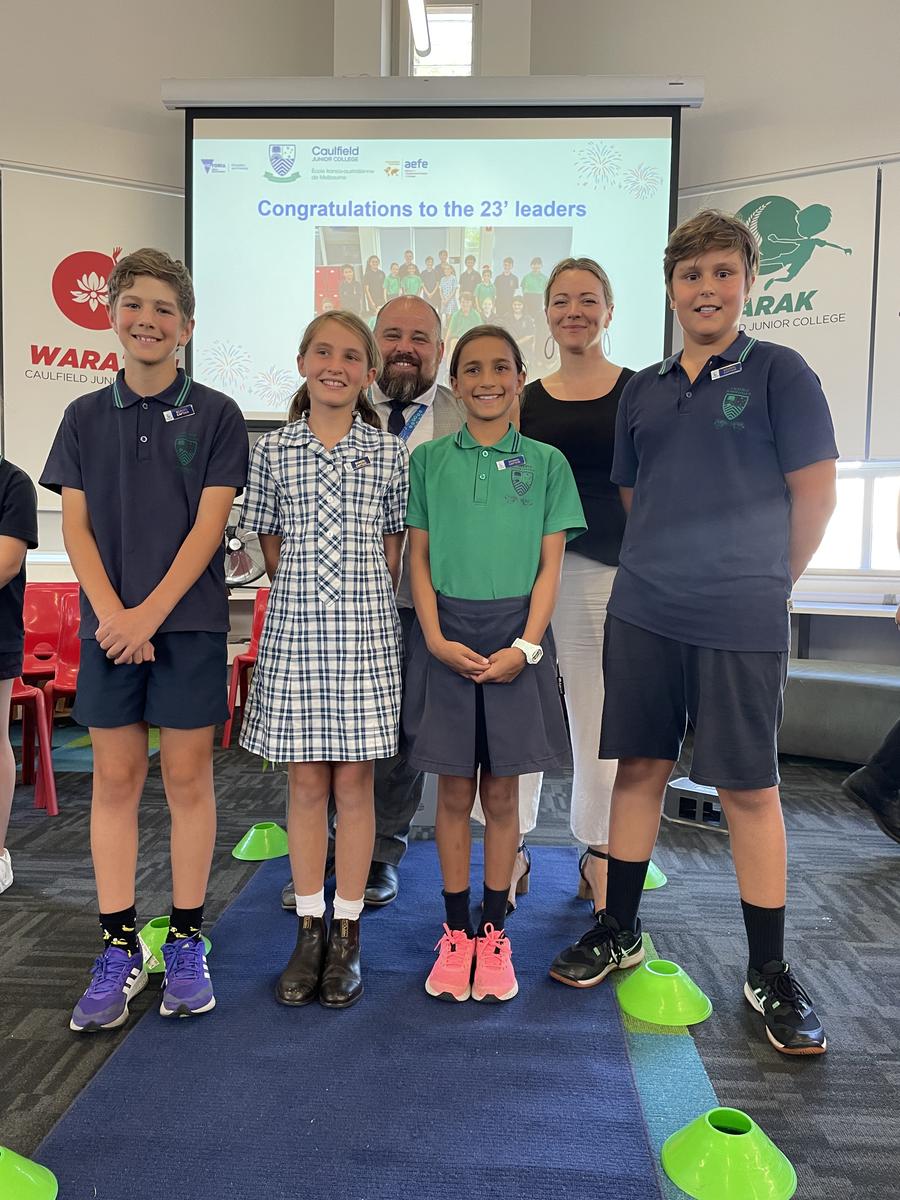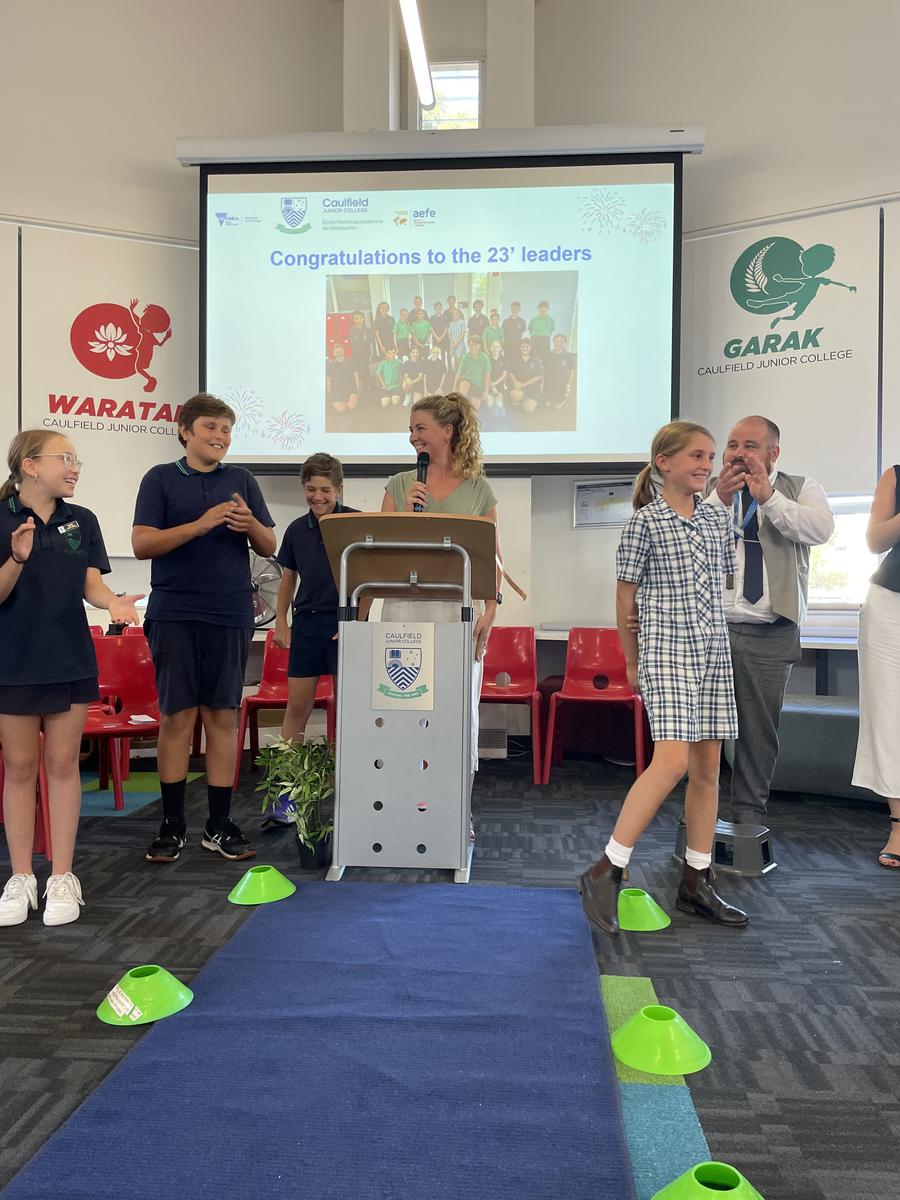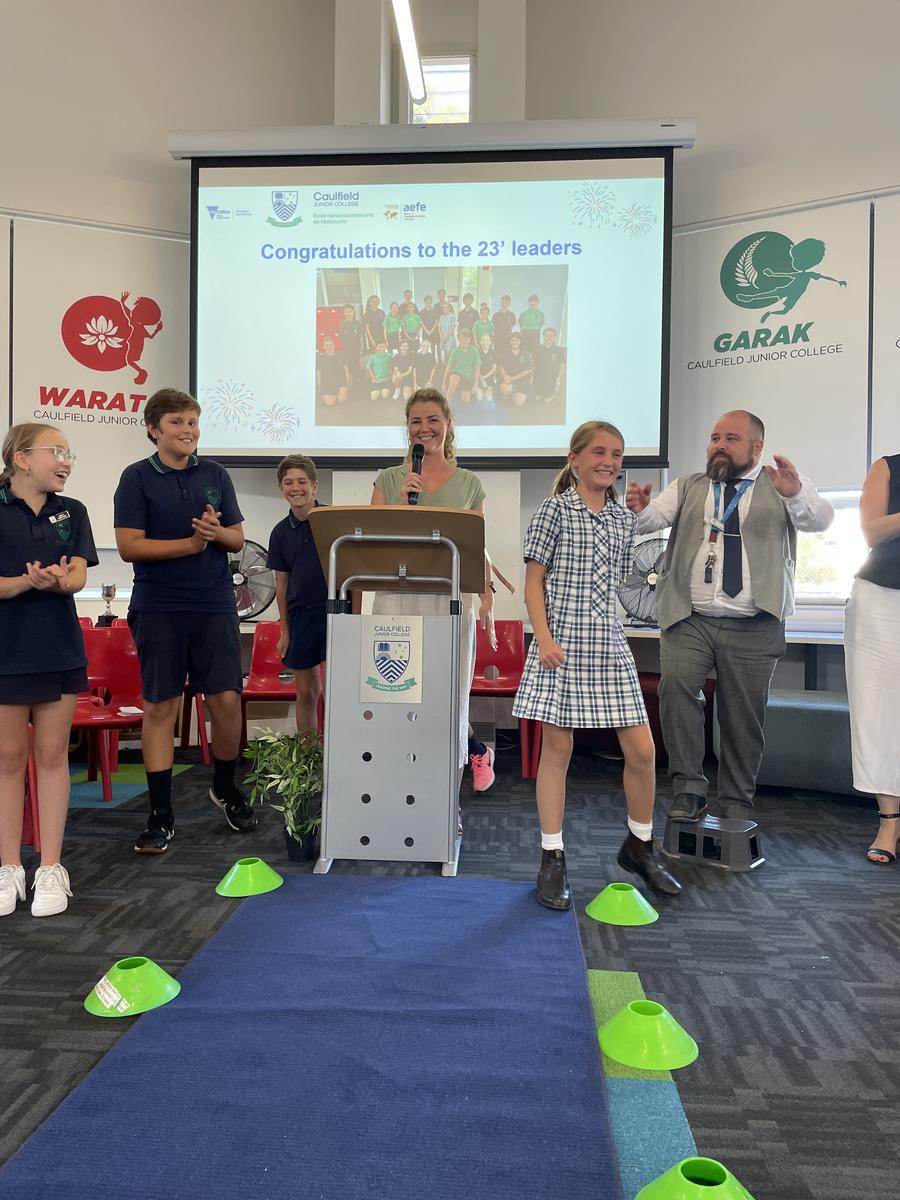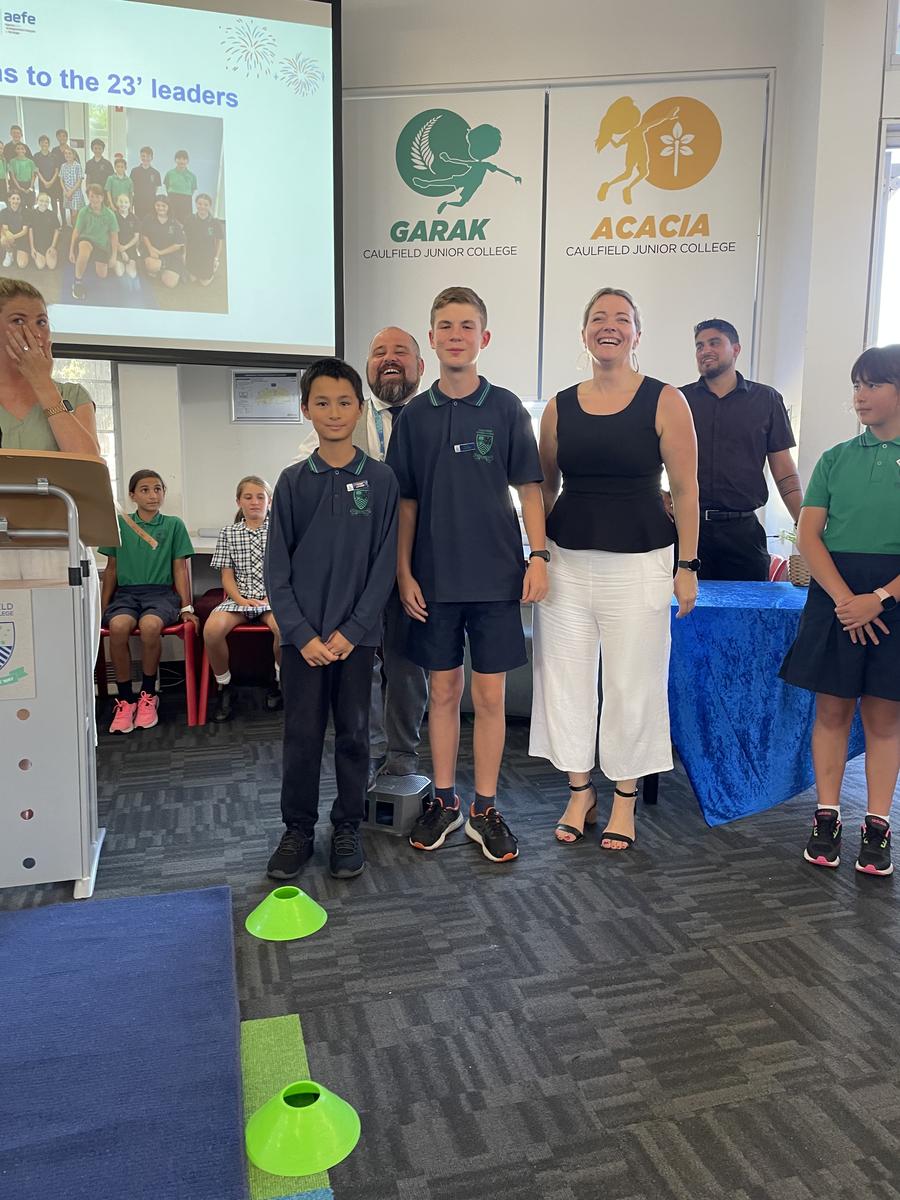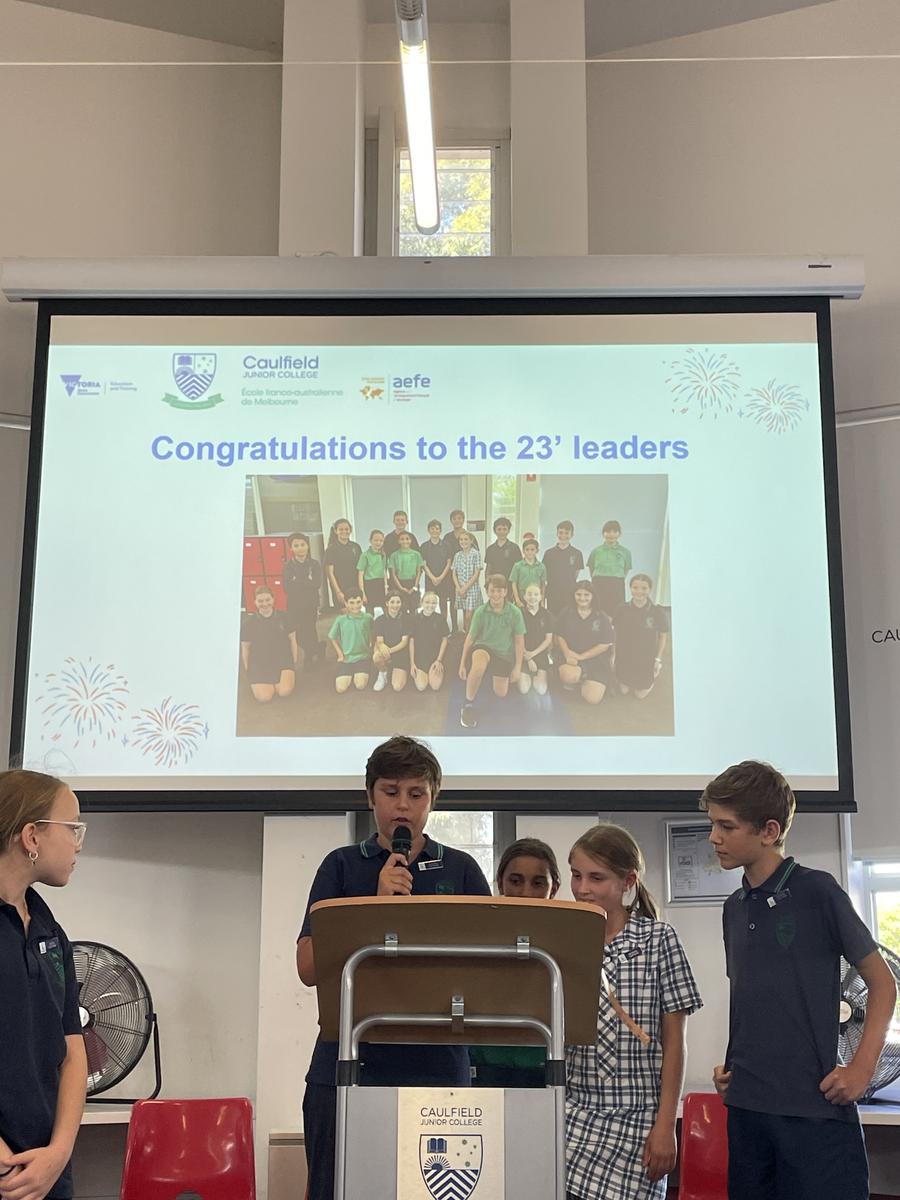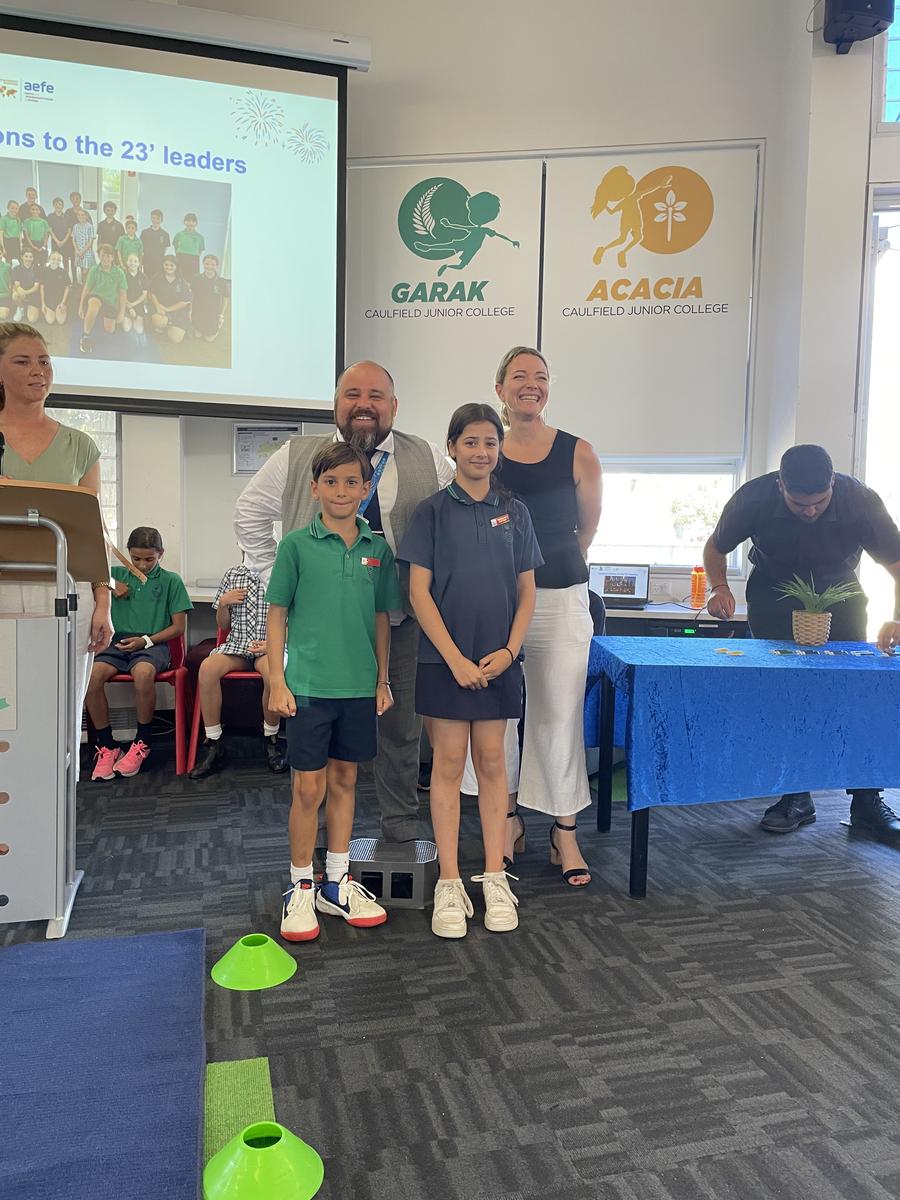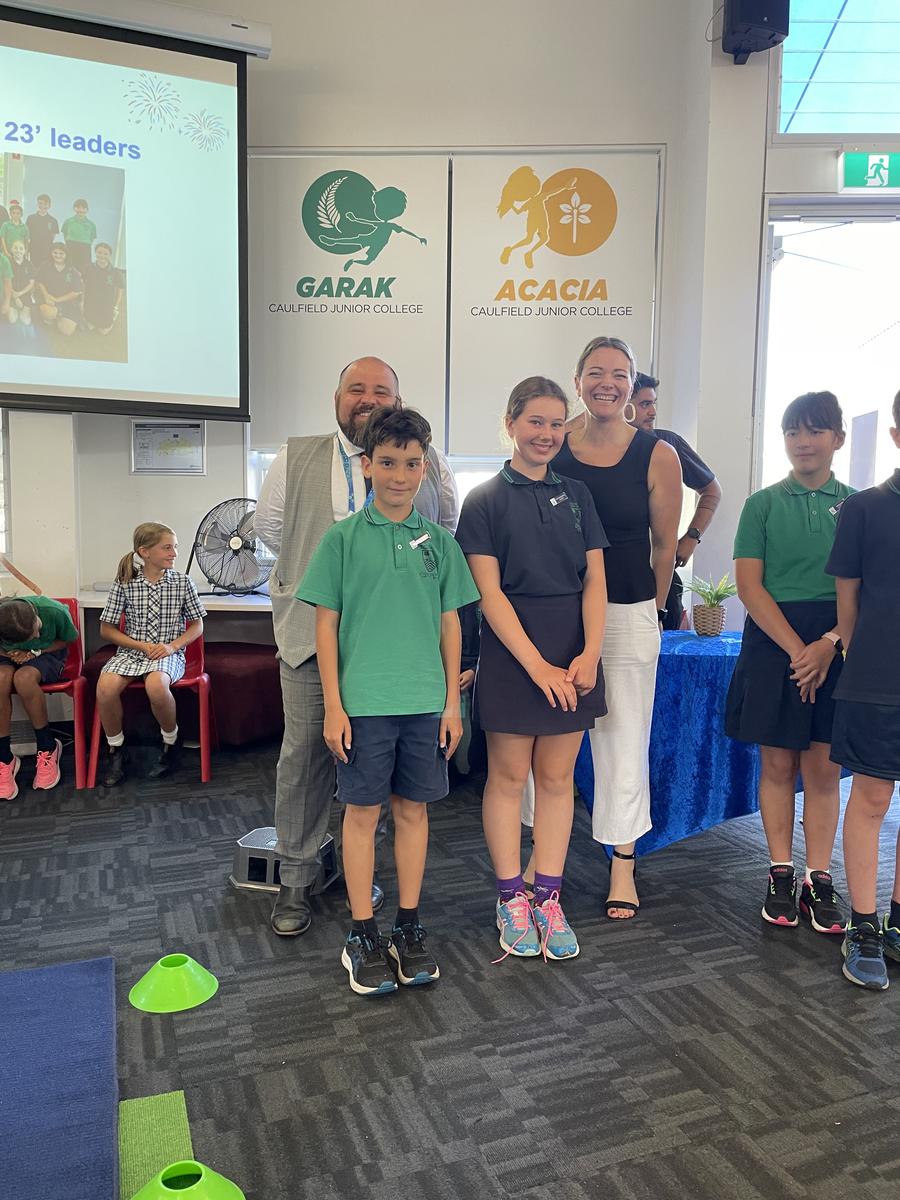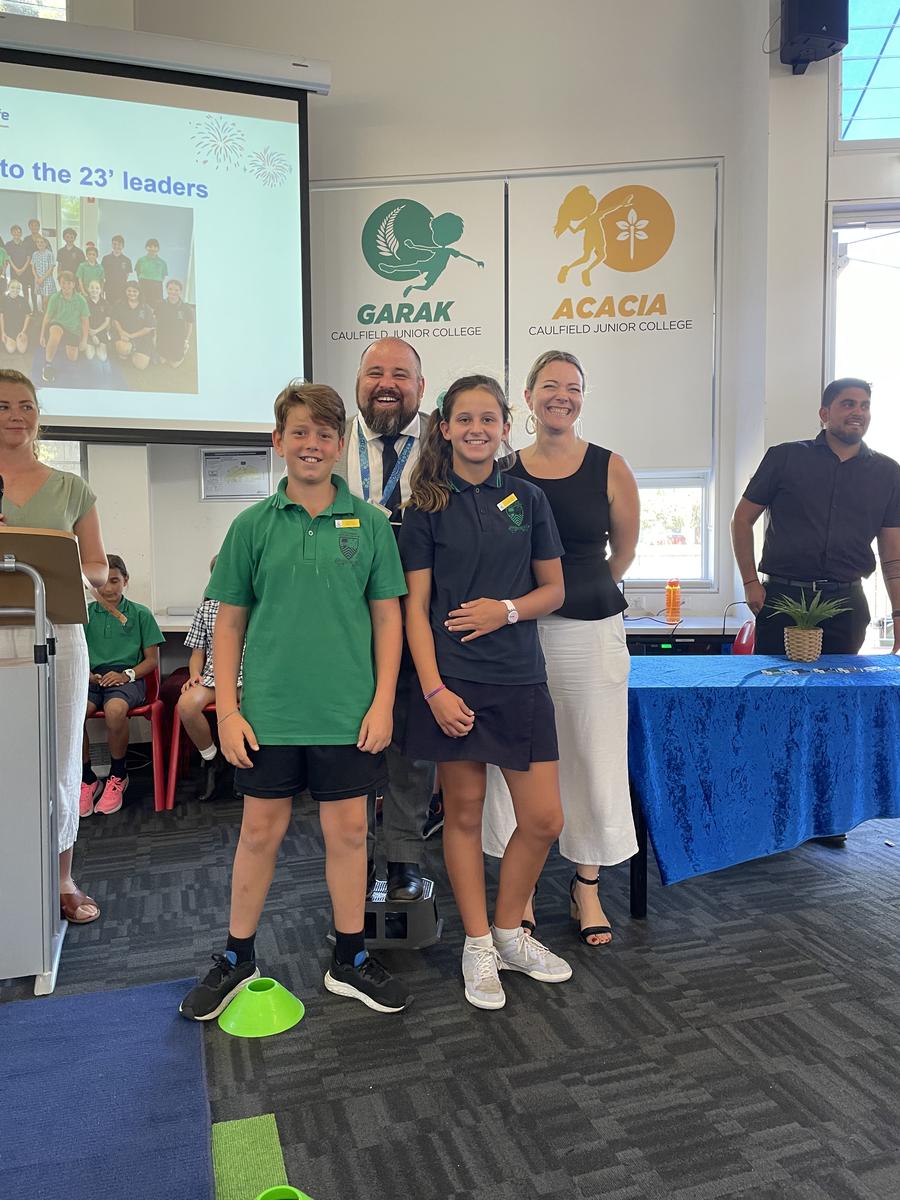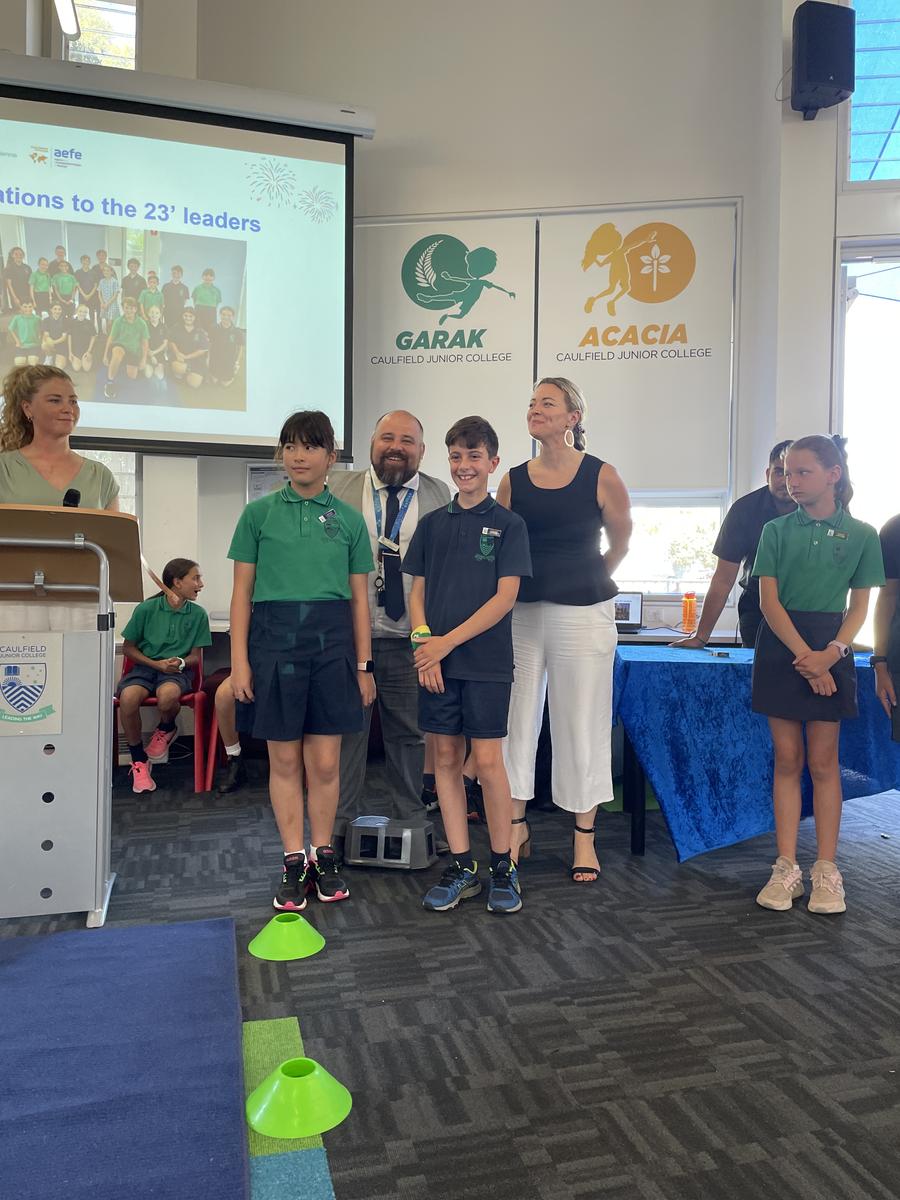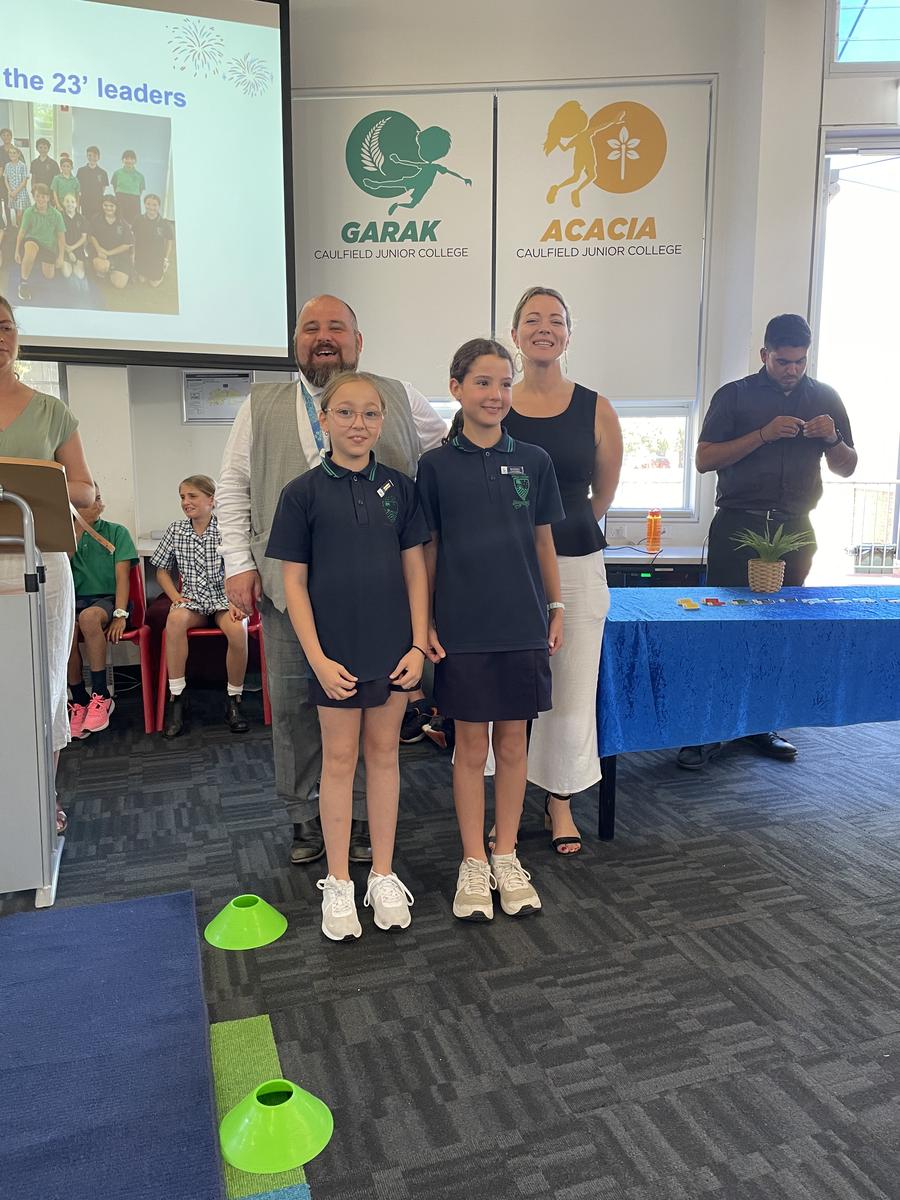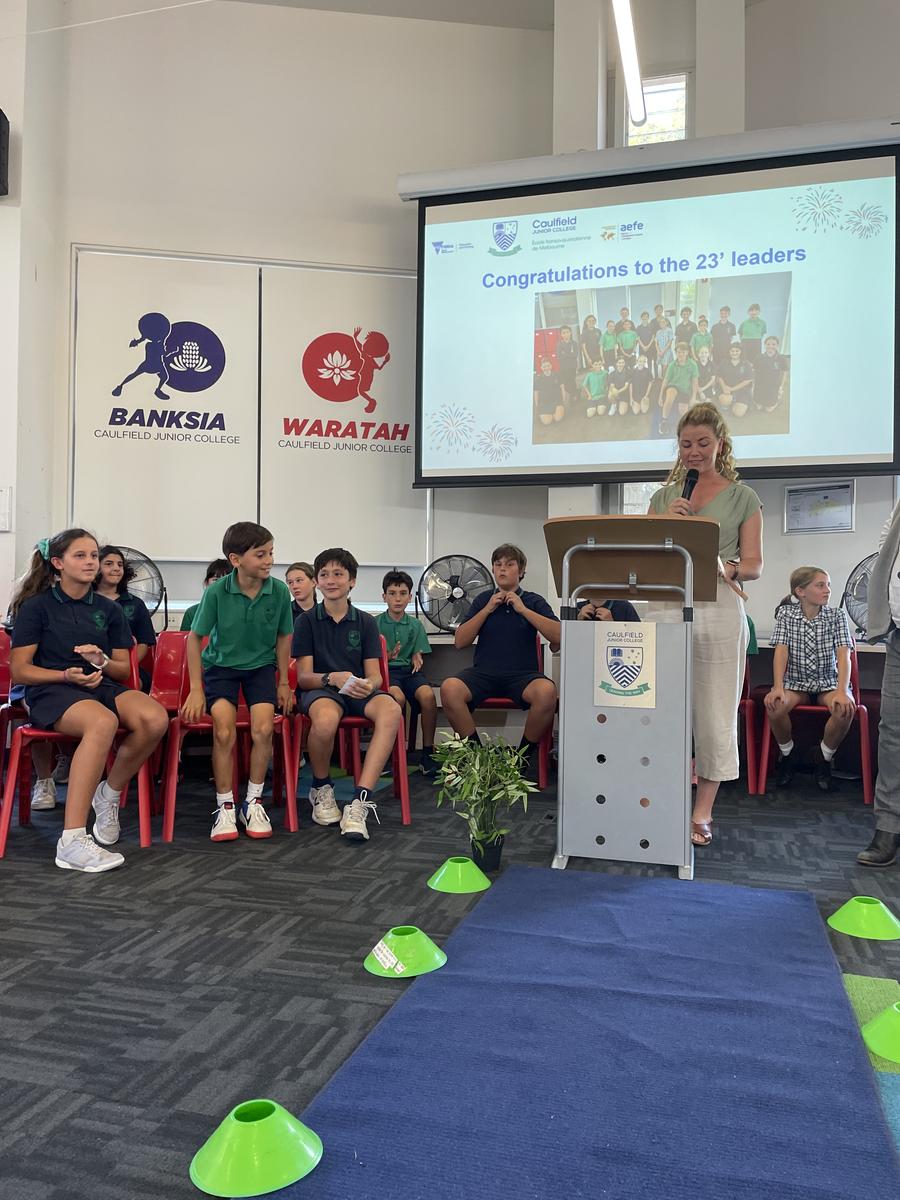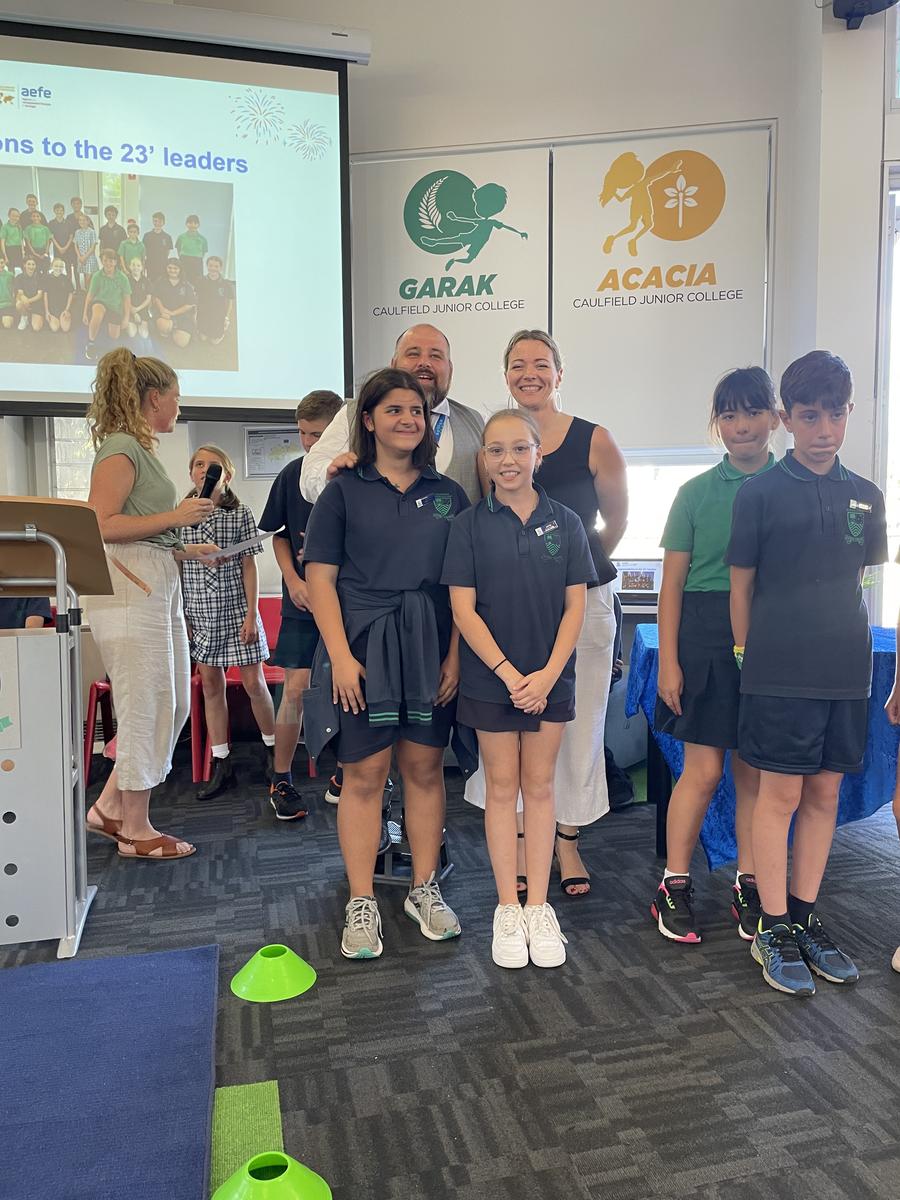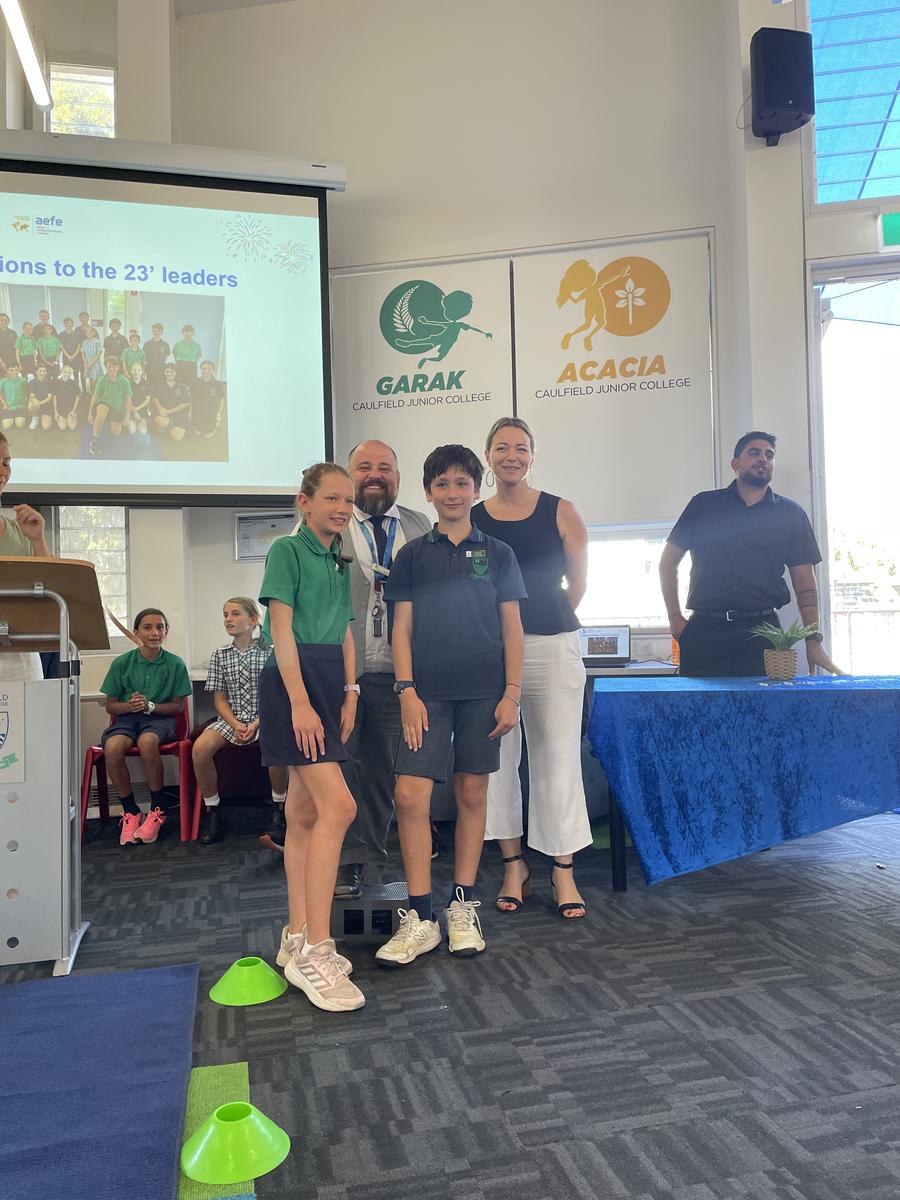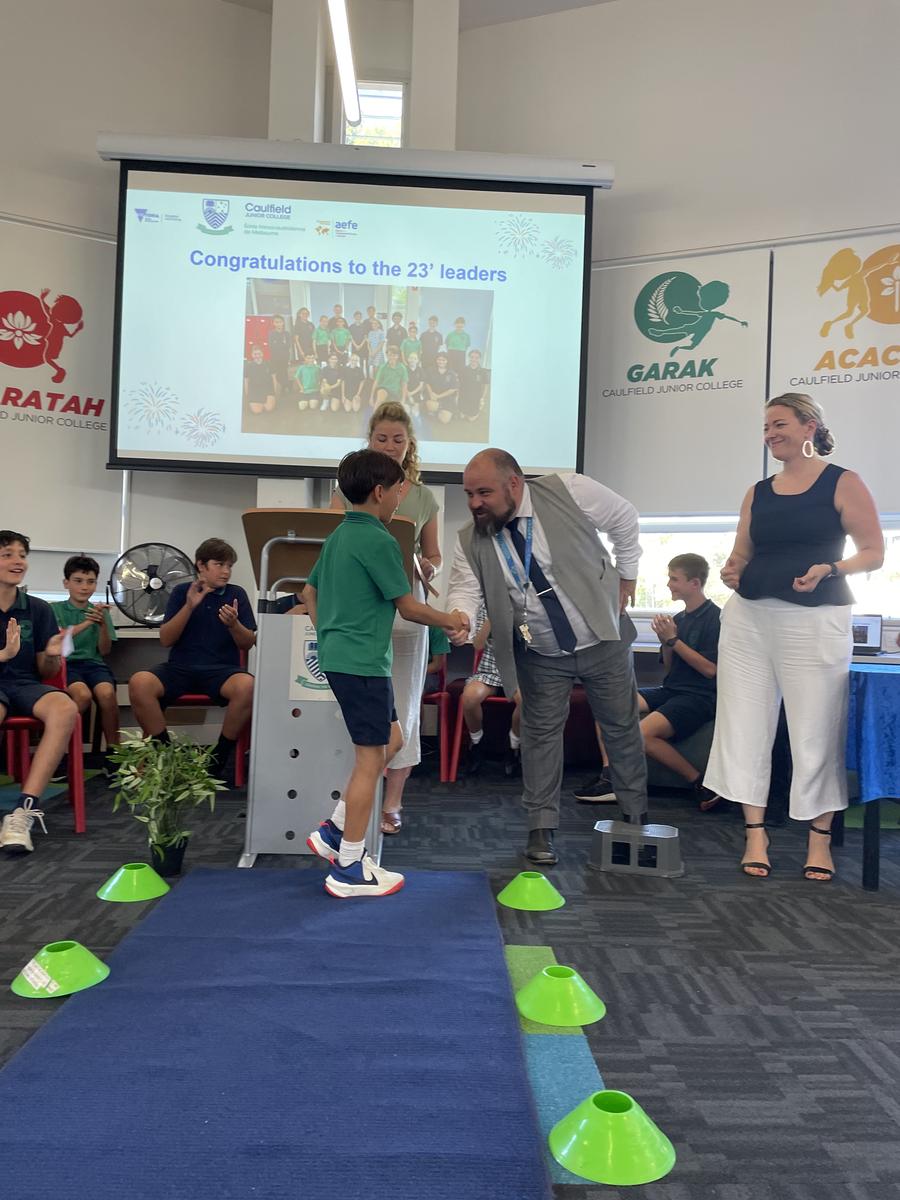Classroom connections
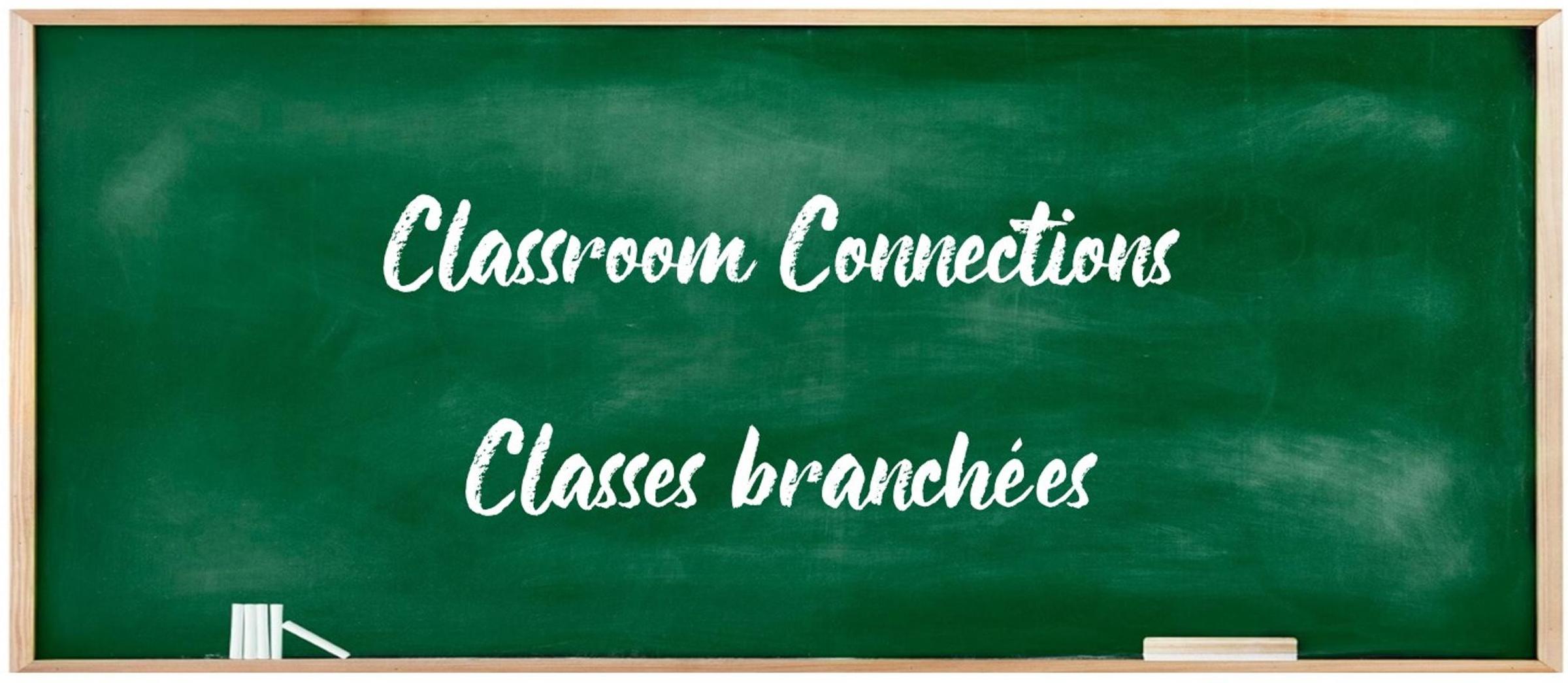
STEM (Science, Technology, Engineering and Mathematics) classes
Hello CJC Community, here is your STEM update for Week 3!
Last Saturday (February 11th) was International Day of Women and Girls in Science. I asked a couple of students to come up with some questions they would ask a scientist and then I interviewed two of our very own scientists in our community. Dr Charlotte Conn and Dr Edwina McGlinn were kind enough to answer the students’ questions below, their daughters also presented their answers at assembly.
Why did you become a scientist? – Claudia
Dr Charlotte Conn: I always loved learning about the stars and our universe, so I became a scientist because I wanted to study the stars which are very very big things. Now I actually study nanoparticles, which are incredibly small, about a thousand times smaller than the width of a human hair. We can only see our particles using a special type of microscope called an electron microscope.
Dr Edwina McGlinn: My grandfather was a scientist and he used to do experiments with us around the house – he made it really fun and adventurous.
How hard is it to become a scientist? - Tim
Dr Charlotte Conn: It’s a lot of work to become a scientist and you need to spend about 8 years studying at university but it’s also a lot of fun if you love science!
Dr Edwina McGlinn: Well… to get to our level it is a lot of hard work and many years of study, but anyone can be a scientist – there are so many incredible but unexplained things around us every day, it’s all about asking the right questions and then anyone can be a scientist.
What did you do during your training? - Felix
Dr Charlotte Conn: During my training I studied Natural Sciences which meant I got to study three different sciences (physics, chemistry and materials science) and then I got to choose which one I should focus on. I was very lucky because one of my physics lecturers was a very famous scientist – Stephen Hawking. Stephen had a very bad disease. He used a wheelchair and he could only talk using a special machine but his lectures were still very funny.
Dr Edwina McGlinn: For my PhD, I tried to work out the genes that make sure we have 5 fingers – not 4, 6 or 8. And actually, the main gene that controls this is called Sonic hedgehog (seriously!).
Do you work with dangerous chemicals? - Nathalie
Dr Charlotte Conn: I sometimes work with chemicals that can be dangerous. We are very careful to wear safety glasses and gloves. I also use x-rays to study my nanoparticles at the Australian Synchrotron and we need to be very careful that we don’t get exposed to the x-rays – we have to do a lot of training before we can do this work.
Dr Edwina McGlinn: Not too often, though someone once dropped a bottle of a dangerous chemical near me and the whole building had to be evacuated.
Why did you choose your area of study? - Mila
Dr Charlotte Conn: When I started off, I wanted to become a physicist. But there were no girls in the physics department, and I didn’t feel very comfortable there. So I studied chemistry instead. Now I do lots of work to make sure that girls and women who are interested in science and engineering feel comfortable to choose to study what they love.
Dr Edwina McGlinn: I work on how babies grow properly when they are inside of their mother’s tummy. For me, it is such a beautiful process, it still amazes me how beautiful it is even after 20 years working on it.
If you could invent anything, what would it be? - Mrs CrawfordWhat are you hoping to discover? - Ms Spencer
Dr Charlotte Conn: My work uses nanoparticles to try to make medicines work better in the body. When you take your medicine, you probably swallow it. But some medicines only work if you inject them and no-one really likes that. For people who have diabetes they need to inject a medicine called insulin every day. I’m working on developing a new way to take insulin so you can swallow it instead which would make life a lot better for people with diabetes. I really hope that we can get this to work very soon!
Dr Edwina McGlinn: A special cell that can replace parts of the body that are lost because of disease or injury. We are trying to make a special type of blood cell that can make new blood in patients who’s blood doesn’t work properly.
What do you enjoy about being a scientist? - Charlie
Dr Charlotte Conn: I love lots of things about being a scientist. I love discovering new things, I love training young scientists, and I love all the travel that I get to do. A few years ago, I even got to go to Antarctica with 80 other women scientists which was amazing!! I saw icebergs and lots and lots of penguins and humpback whales.
Dr Edwina McGlinn: Every day is different. In science, there’s no point doing what someone has already done before, so each day is like a new exploration into the unknown.
In other CJC STEM news, all classes have begun gardening as part of our biology unit this term. The Prep/1/2s have been planting sunflowers and vegetables near the portables and in front of the chicken coop. The 3/4s have been propagating rosemary in their classes and the 5/6s are propagating succulents for a new succulent garden out the back of the SLC (hopefully!).
As the year progresses, we will be reaching out to any and all parents with science backgrounds or who work in the field and would like to share their experiences. Have a lovely weekend everyone!
Mr Lewis
More STEM and Digital Technology
Our students are enjoying our two new specialist classes. Mr Lewis and Miss Spencer are delivering an engaging and exciting program.
Congratulations/Félicitations !
Congratulations to our 2023 student leaders who received their badges during assembly last Friday. These students were chosen by their peers for their ability to promote CJC’s HERO school values, they set a wonderful example for others, and they always try their best. We are excited to see what 2023 has in store for them!
Félicitations à nos leaders pour 2023 qui ont reçu leur écusson lors de l’assemblée vendredi dernier. Ces élèves ont été choisis par leur pairs pour leur capacité à promouvoir les valeurs HERO de CJC, ils ont su montrer l’exemple aux autres, et ils font toujours de leur mieux. Nous sommes impatients de voir ce que 2023 leur réserve !

